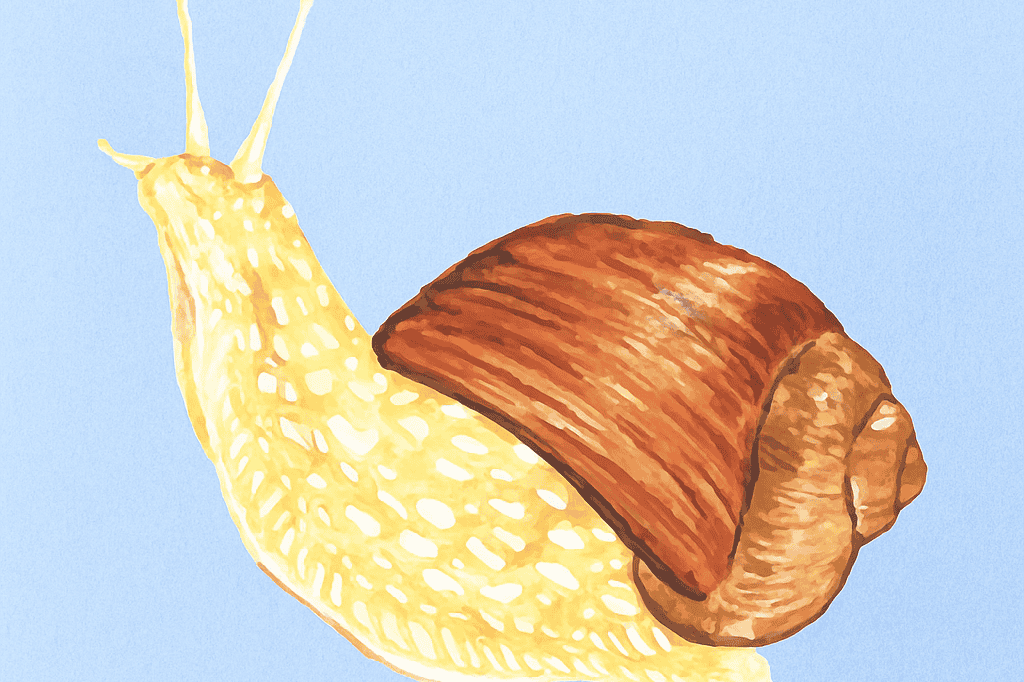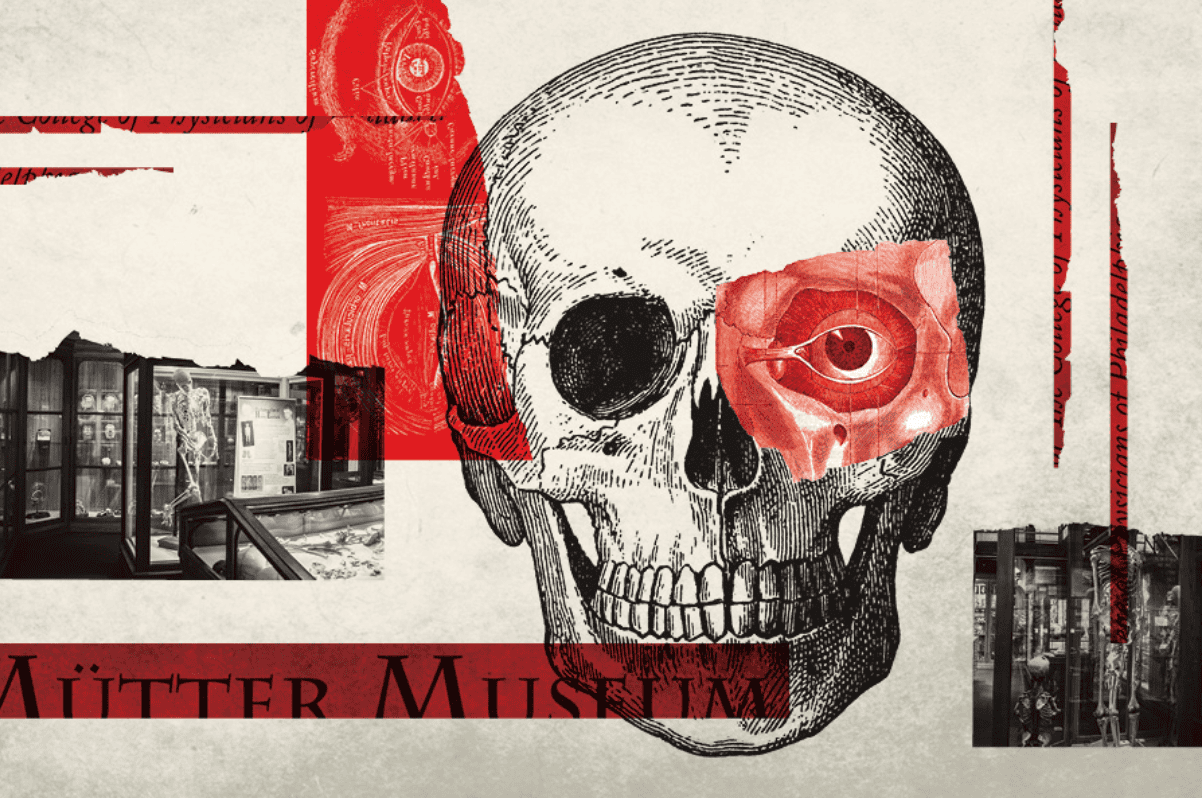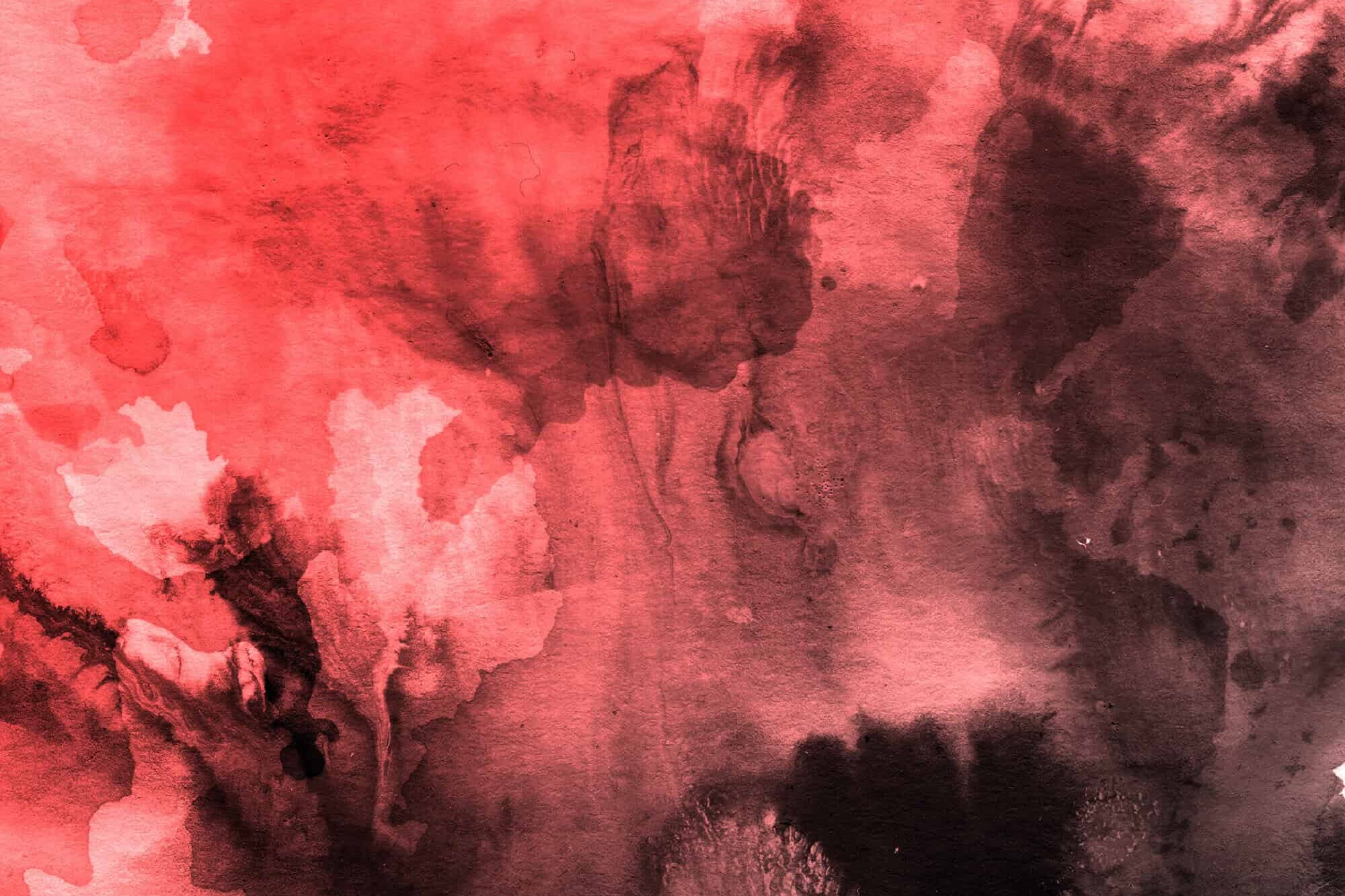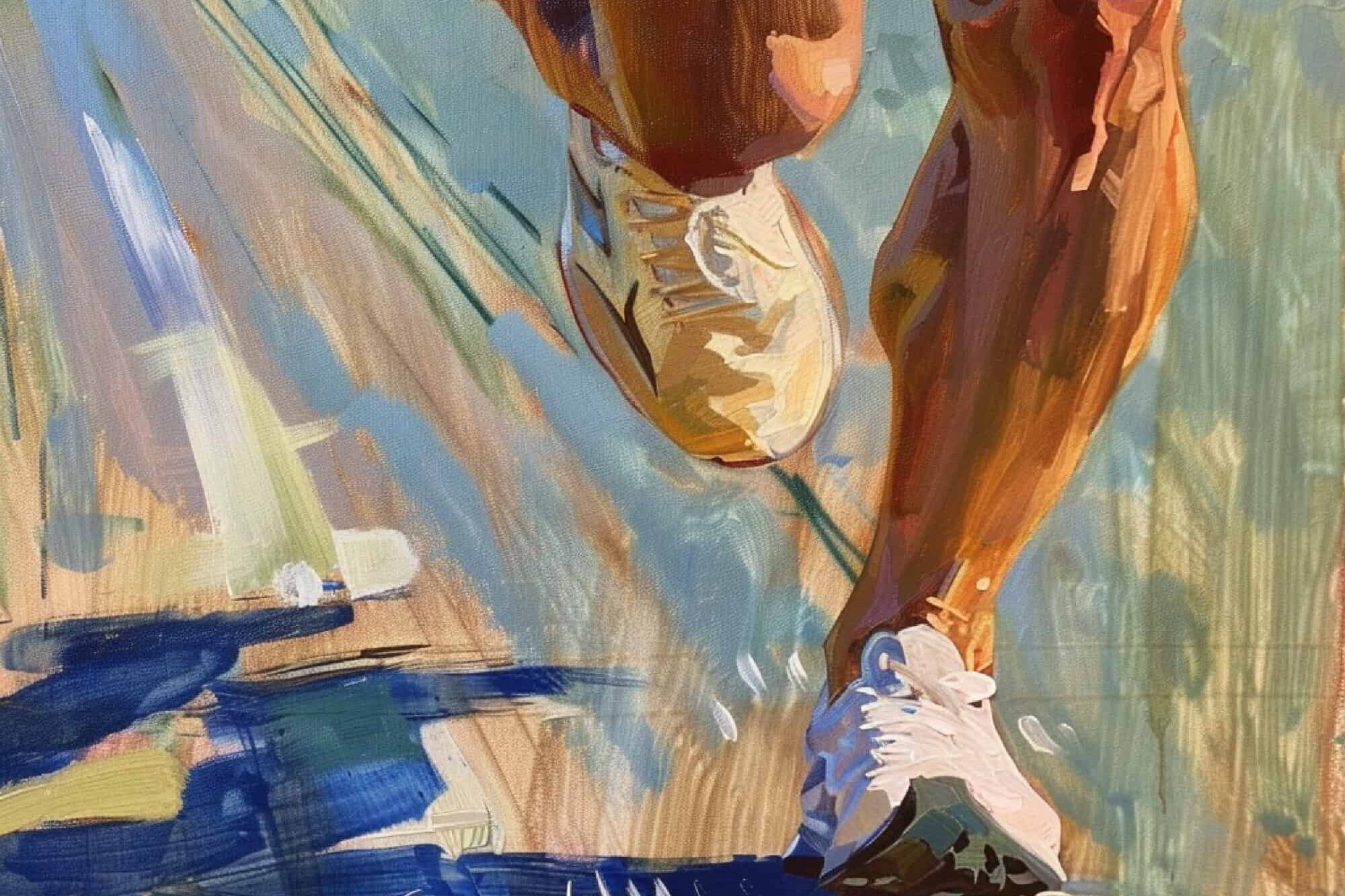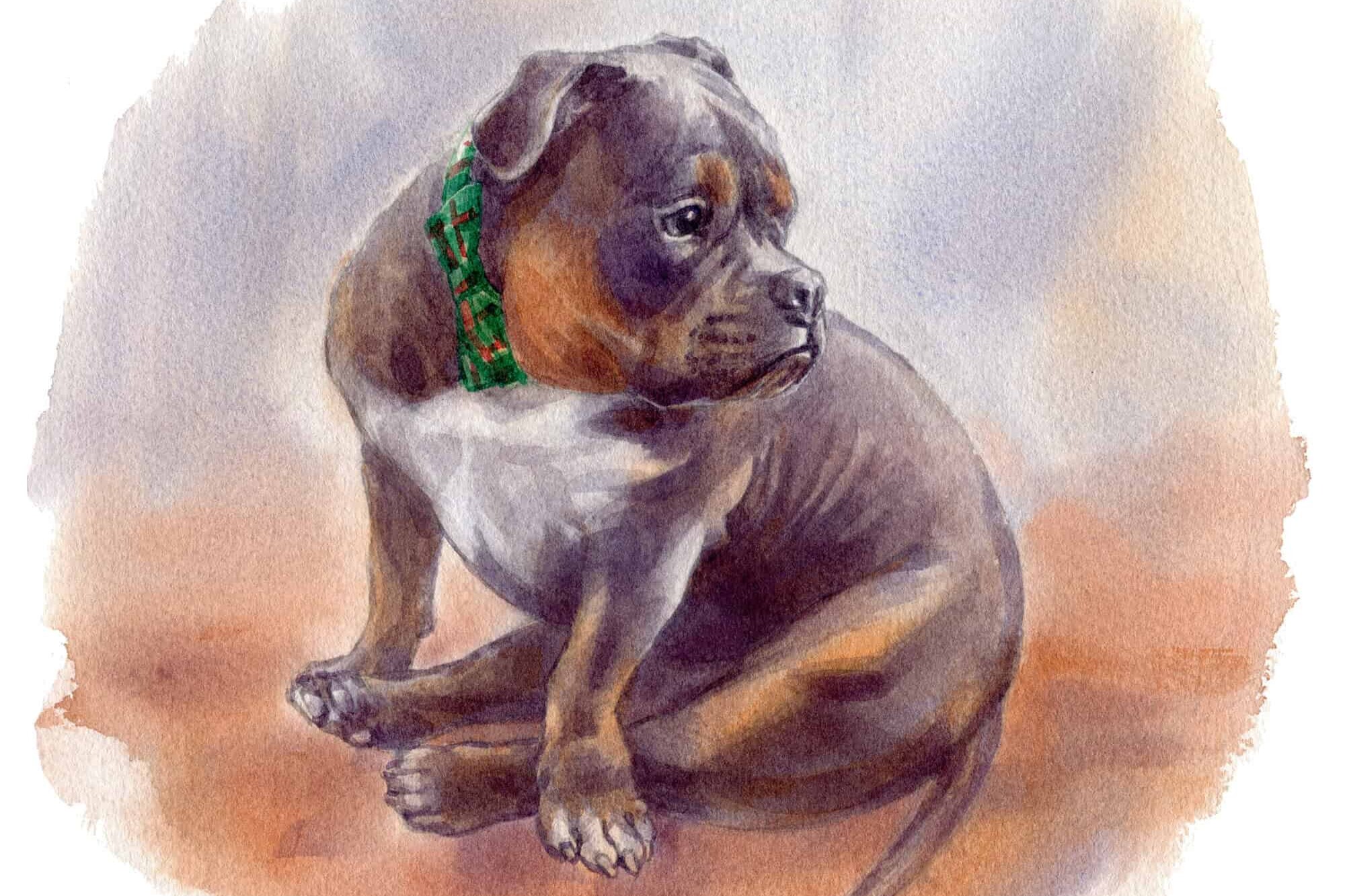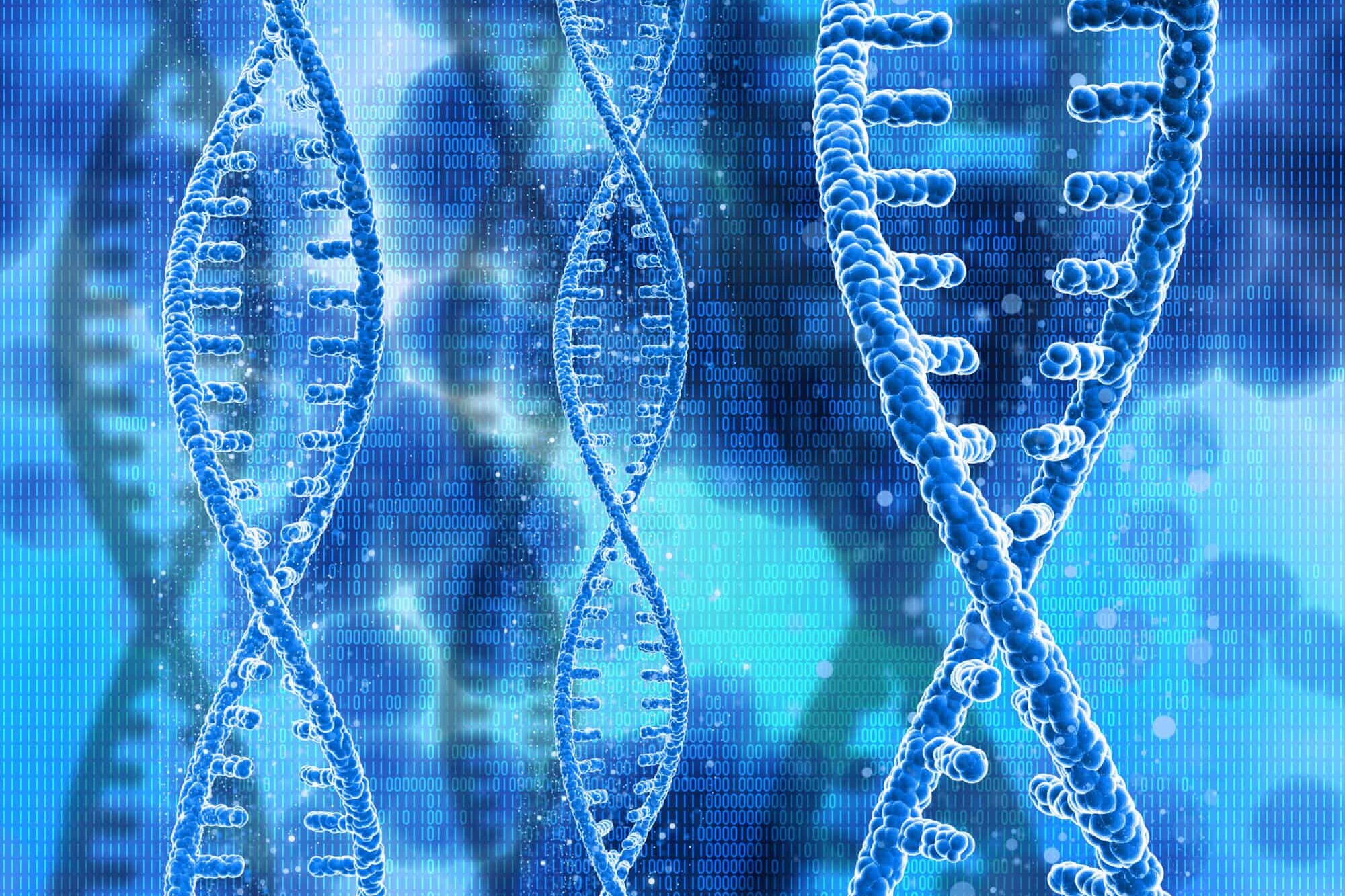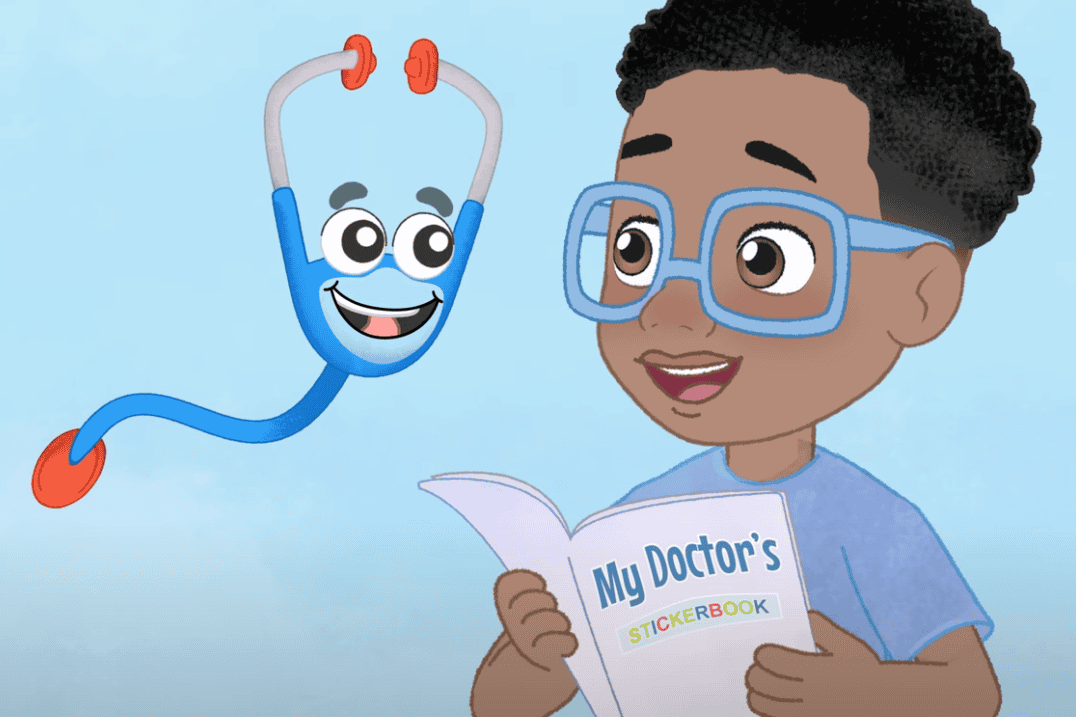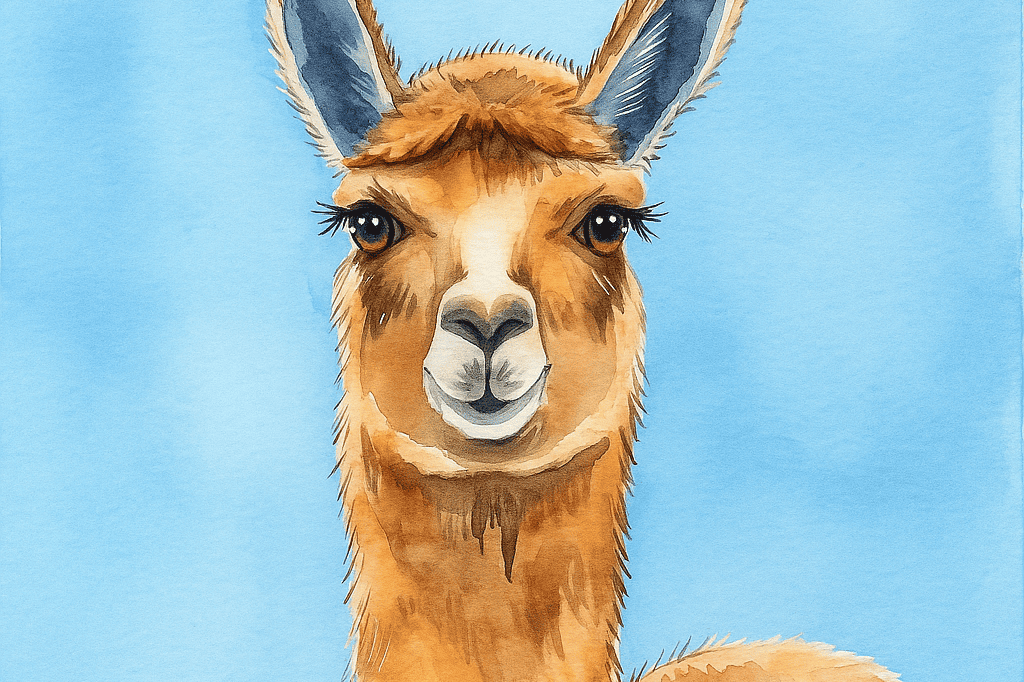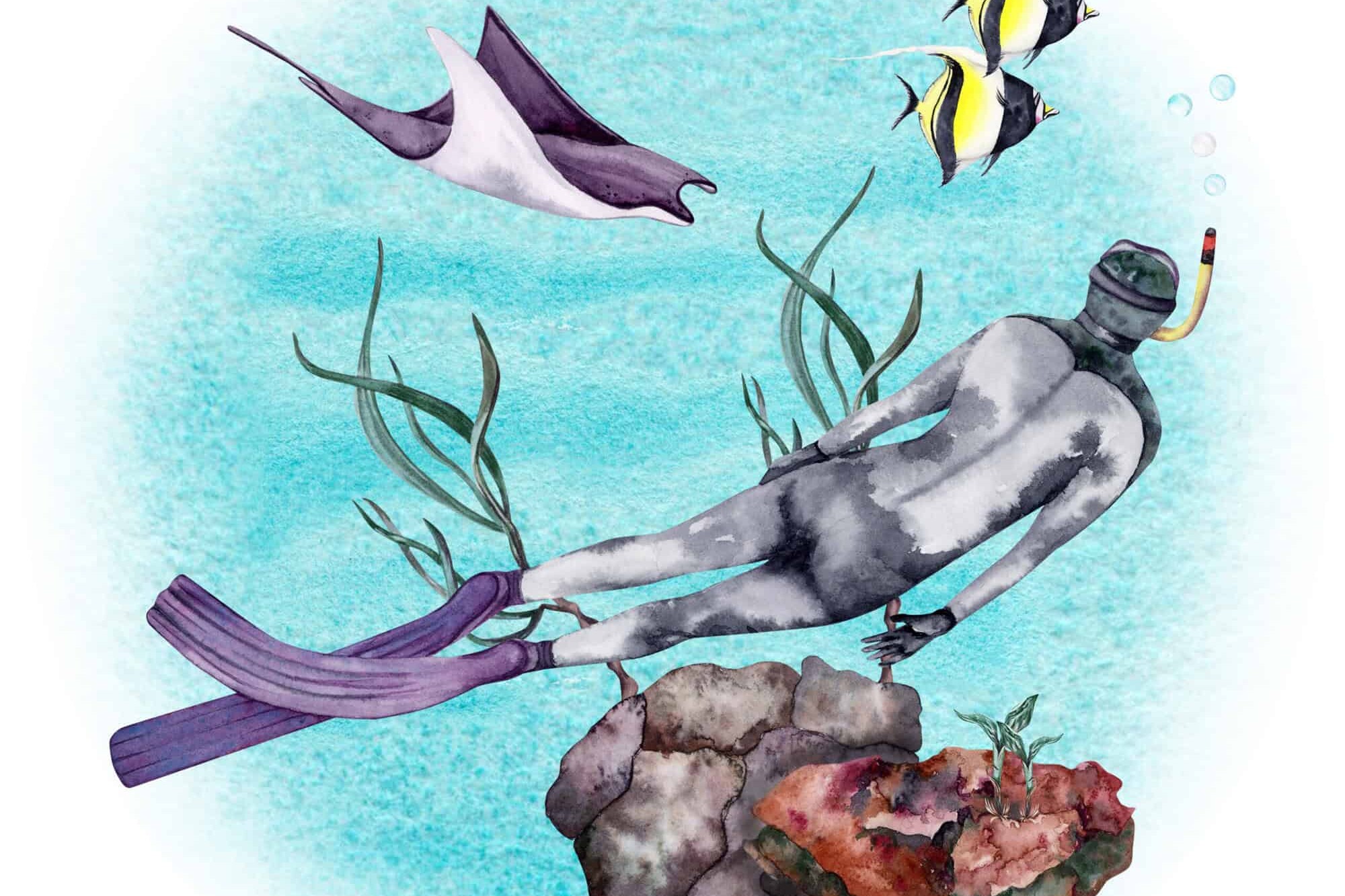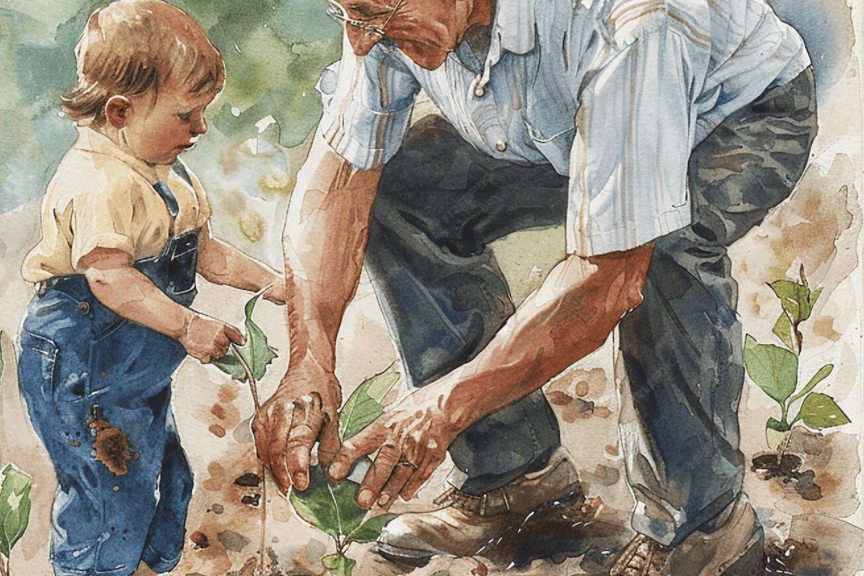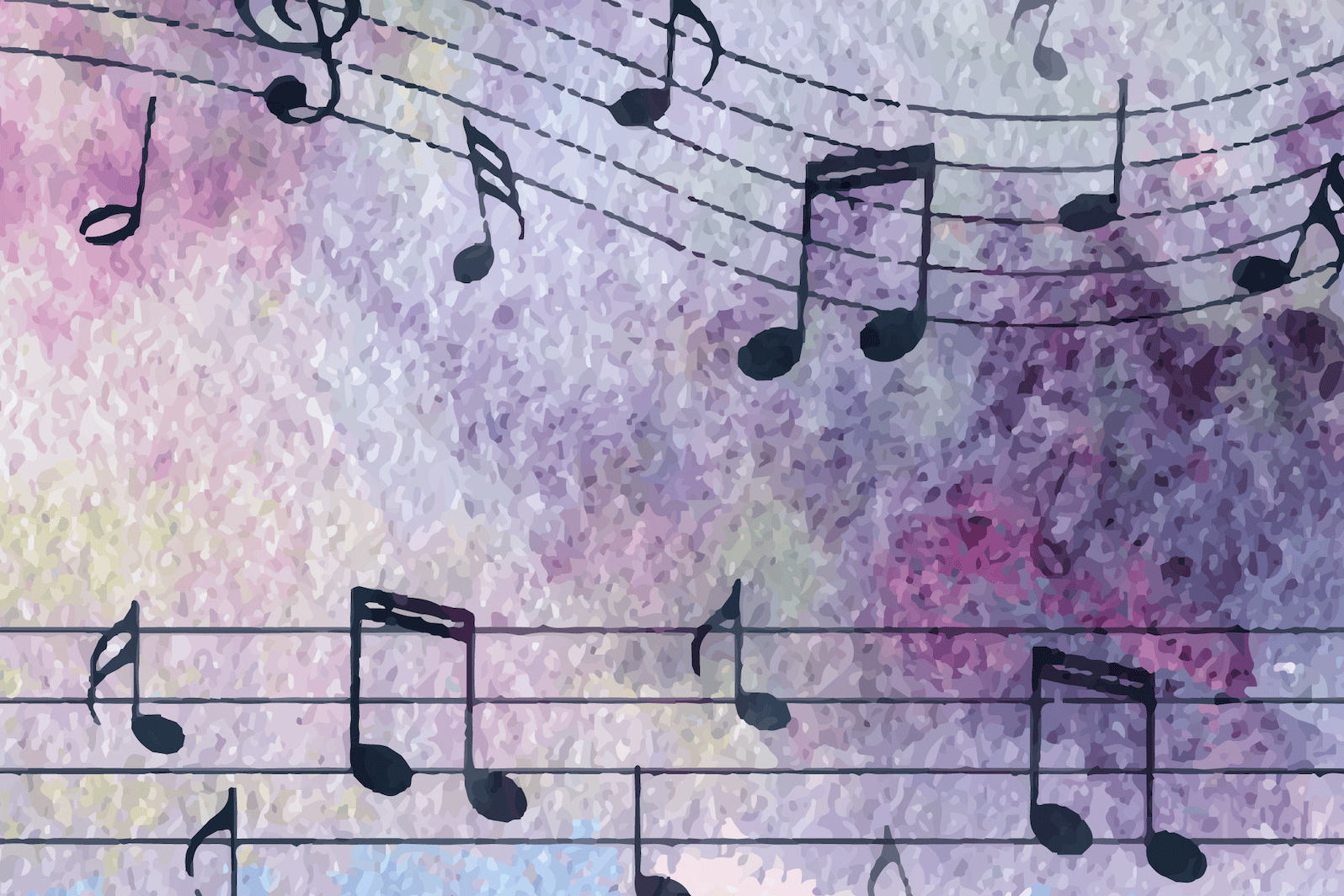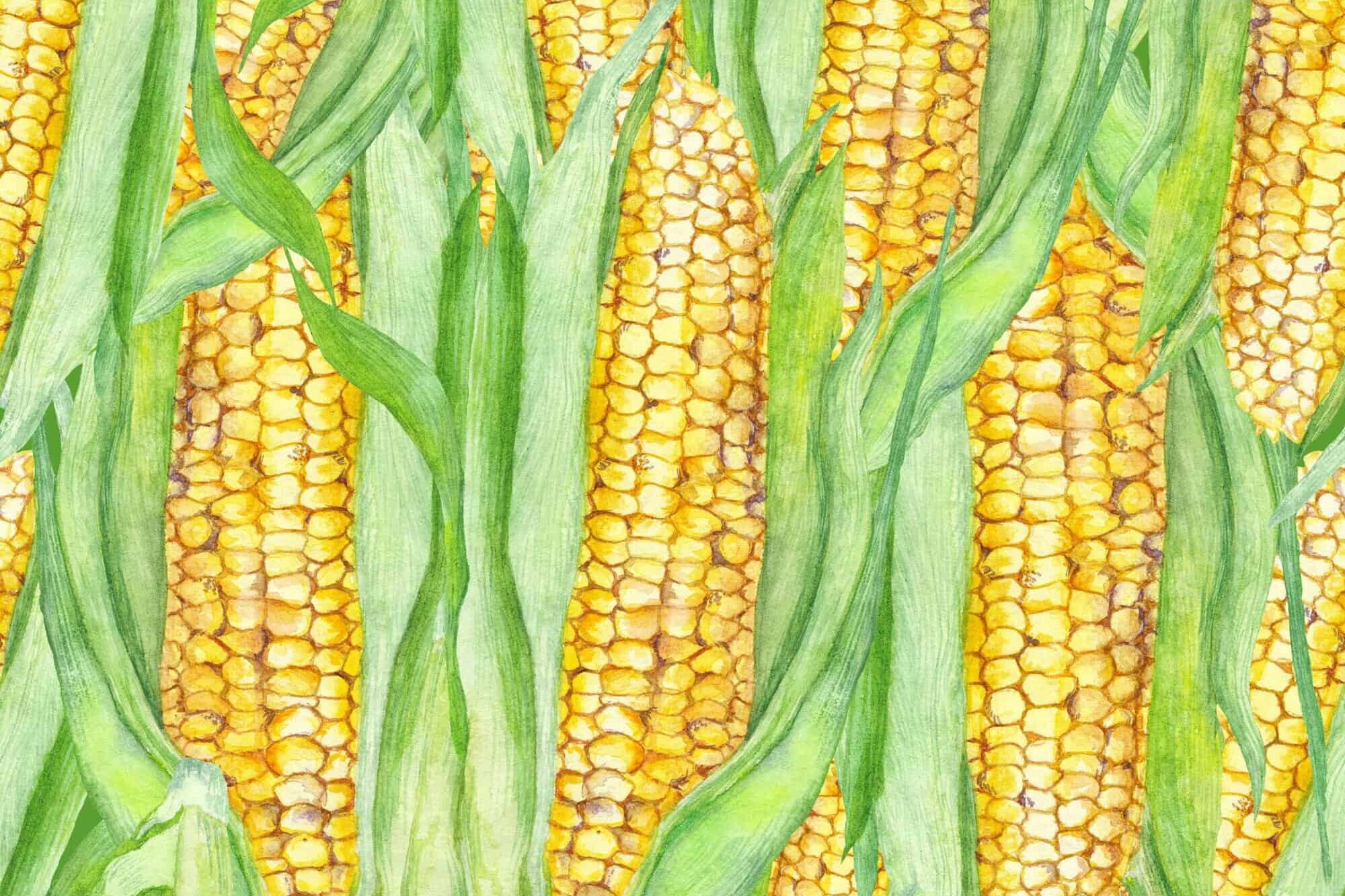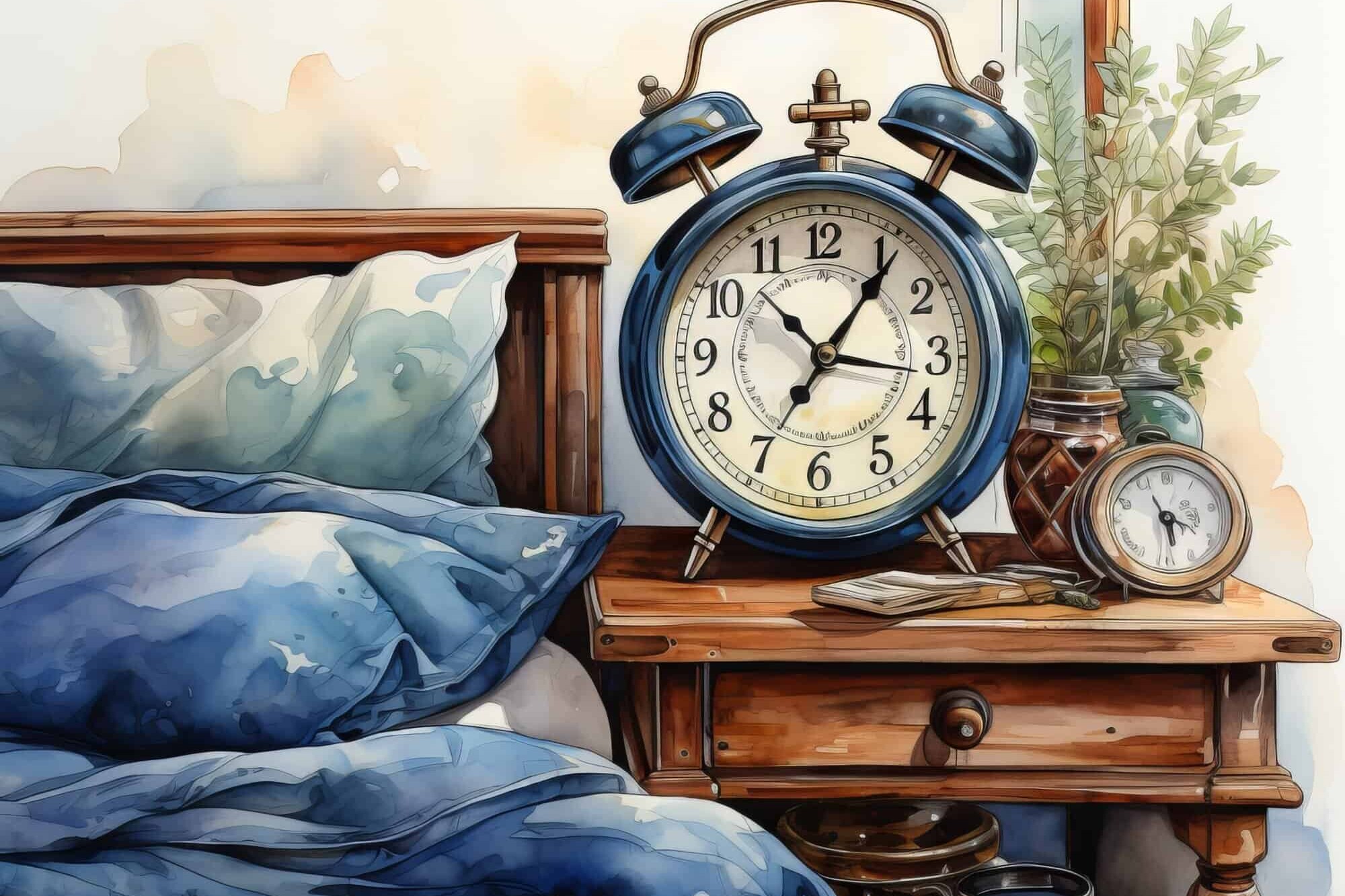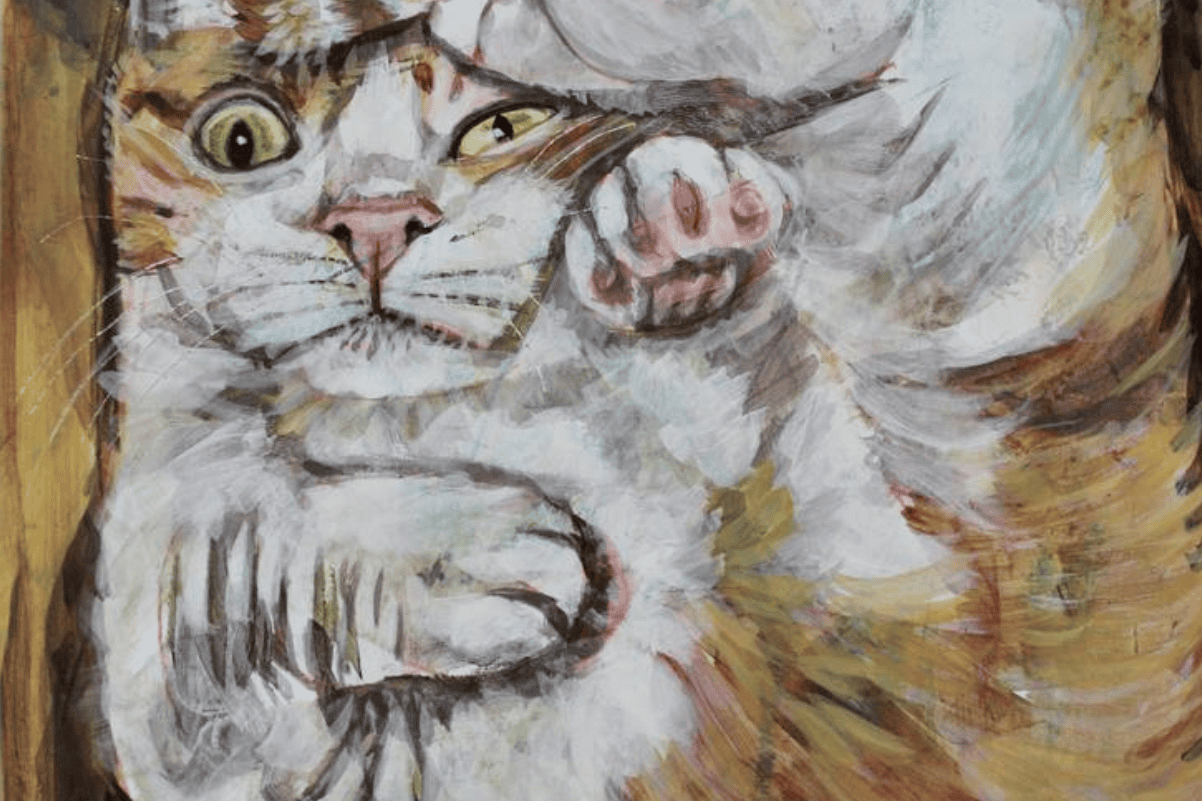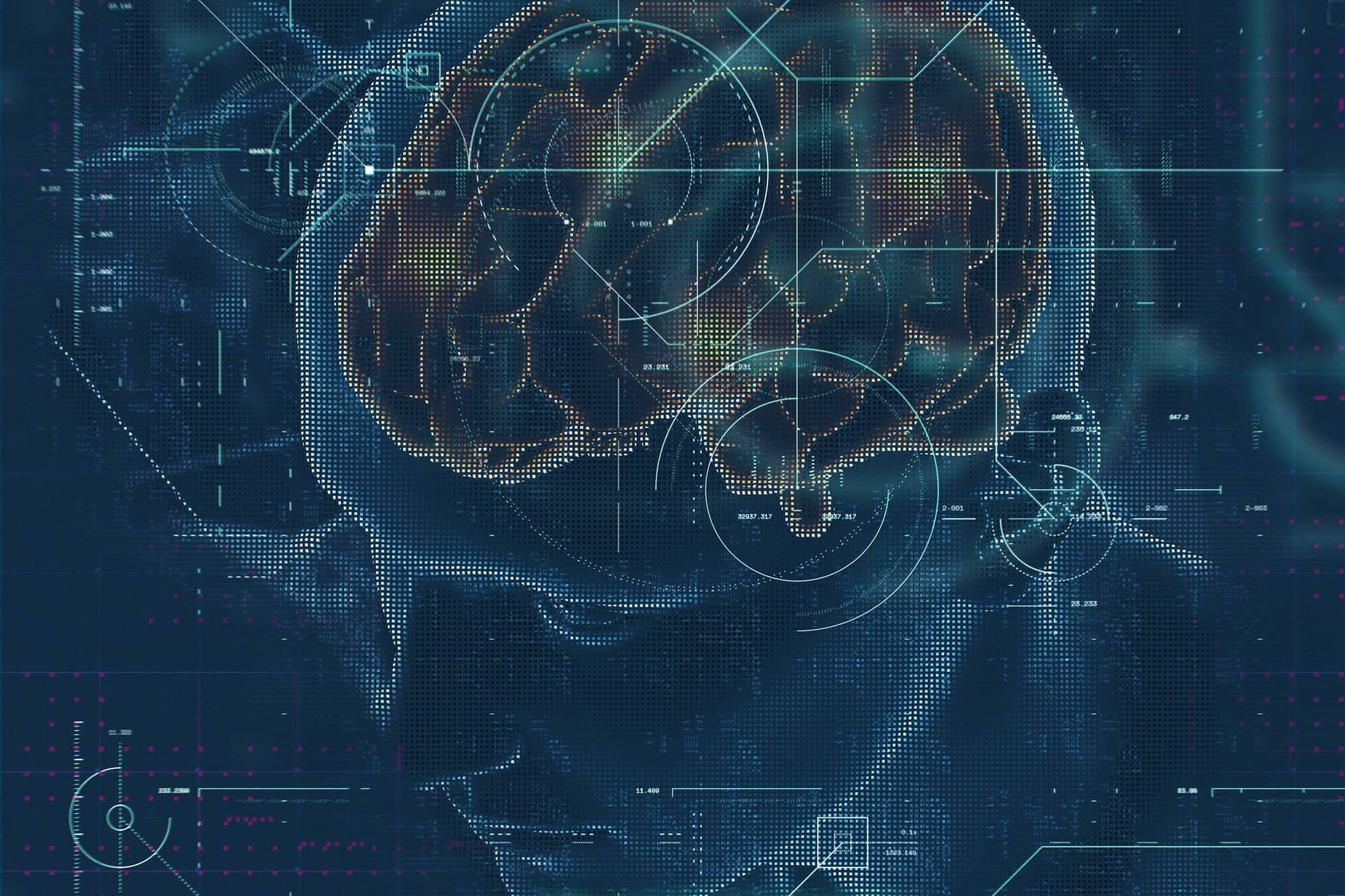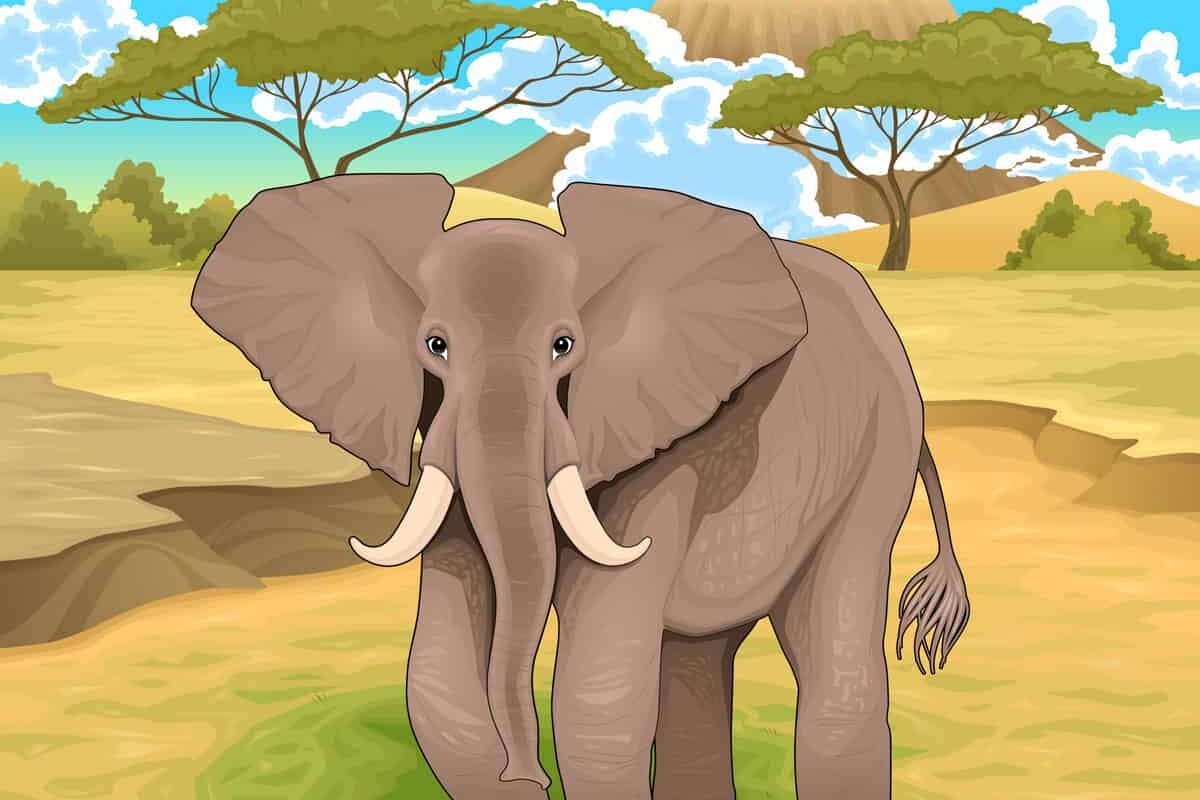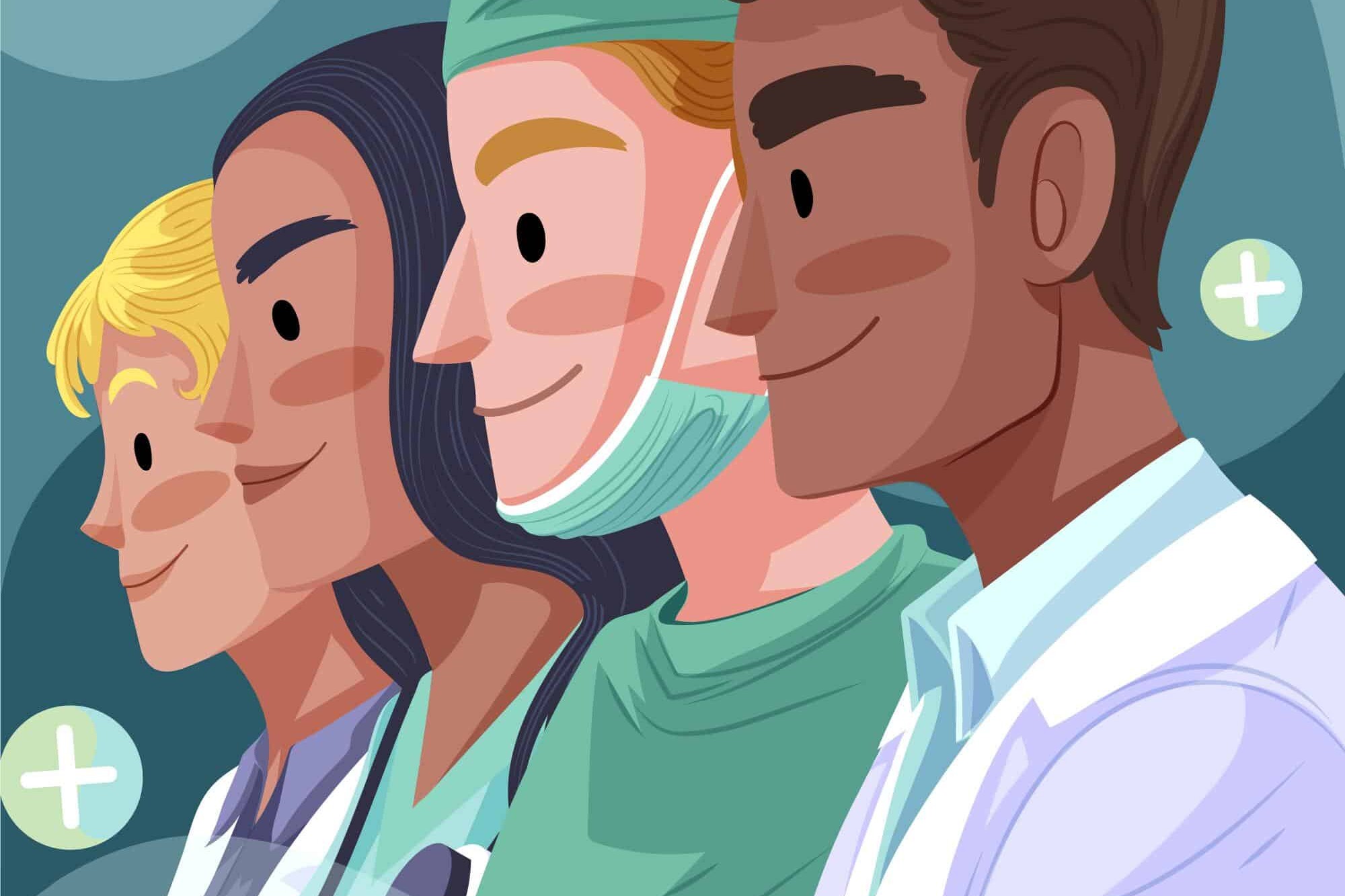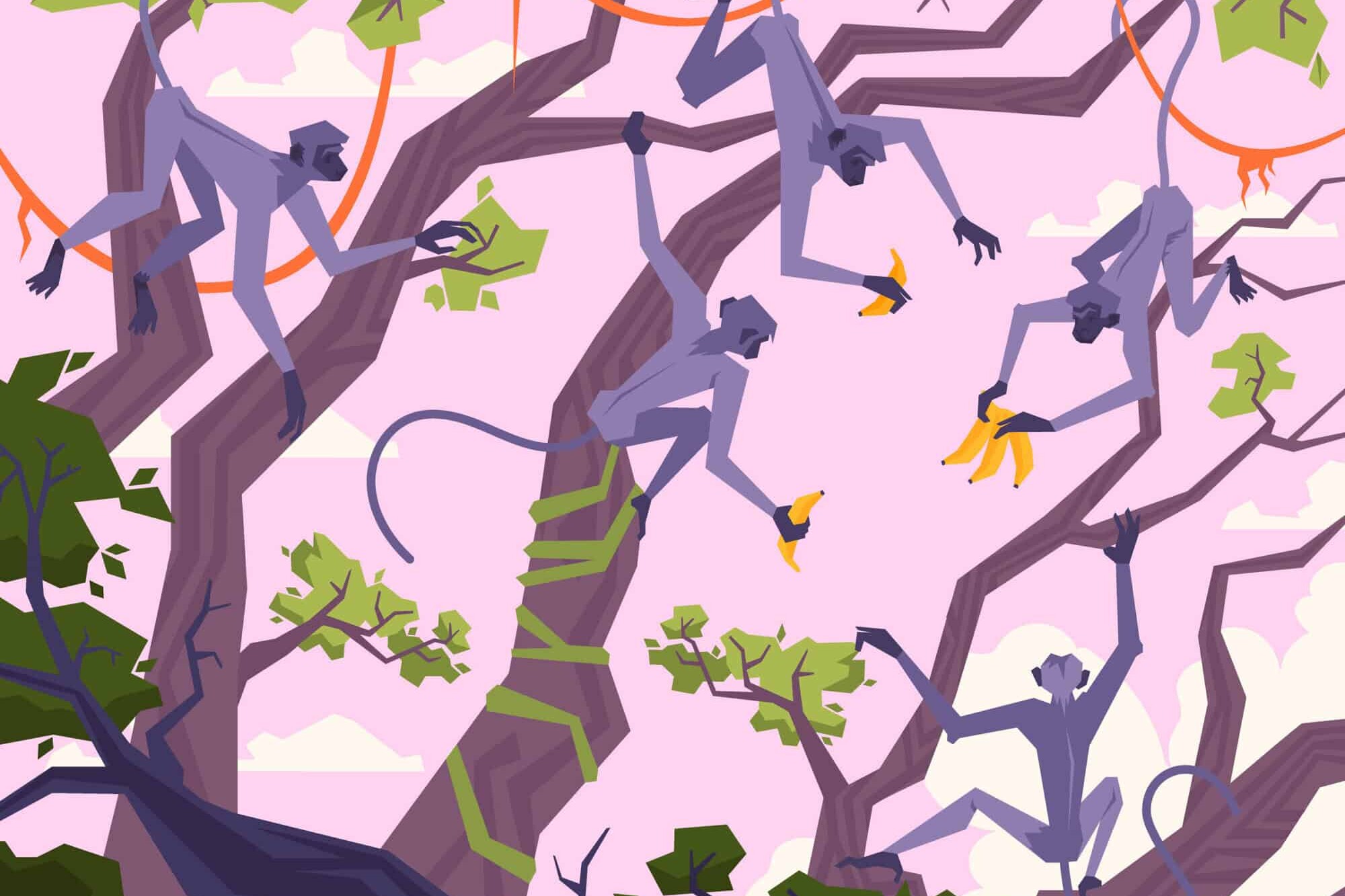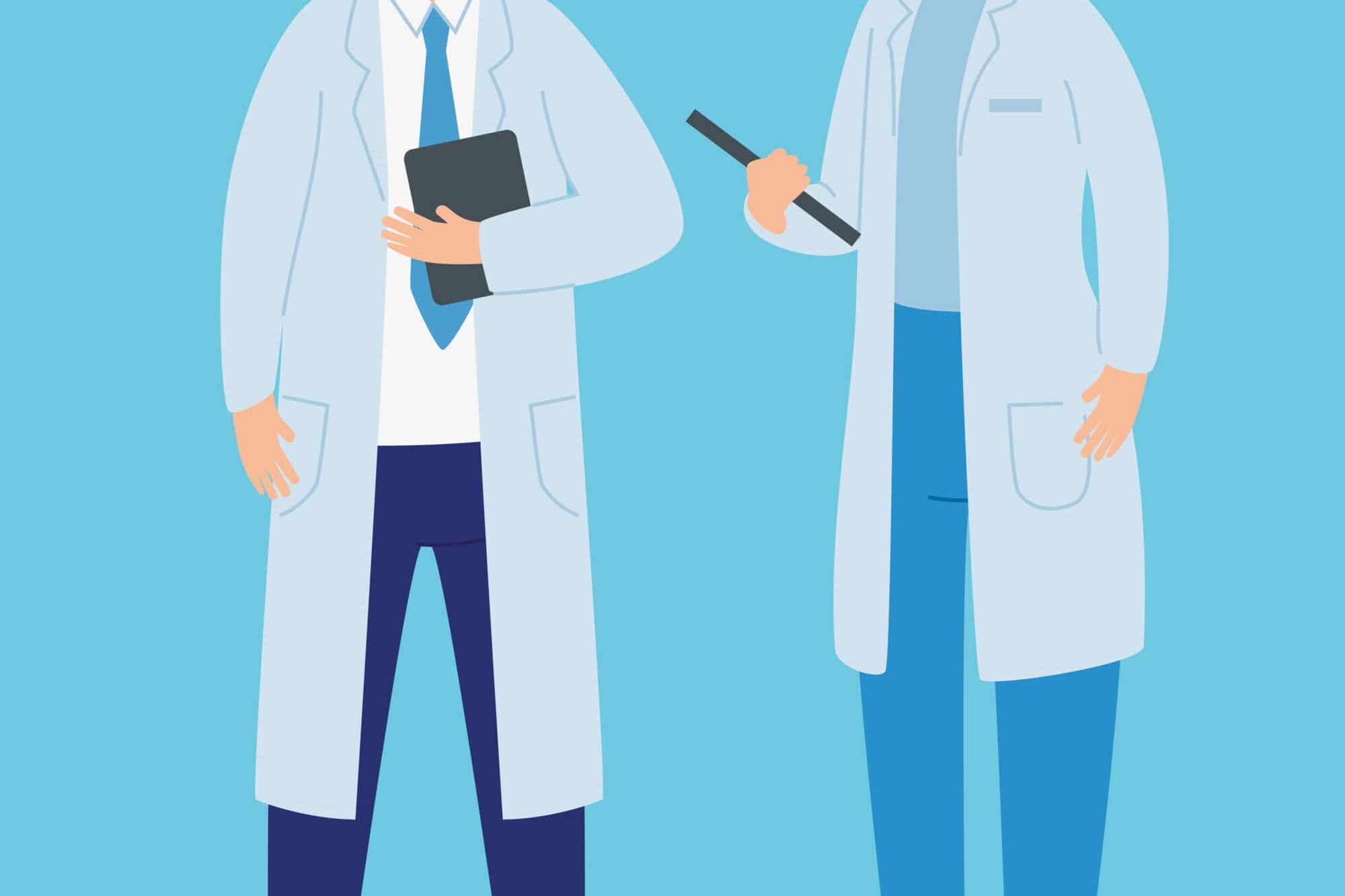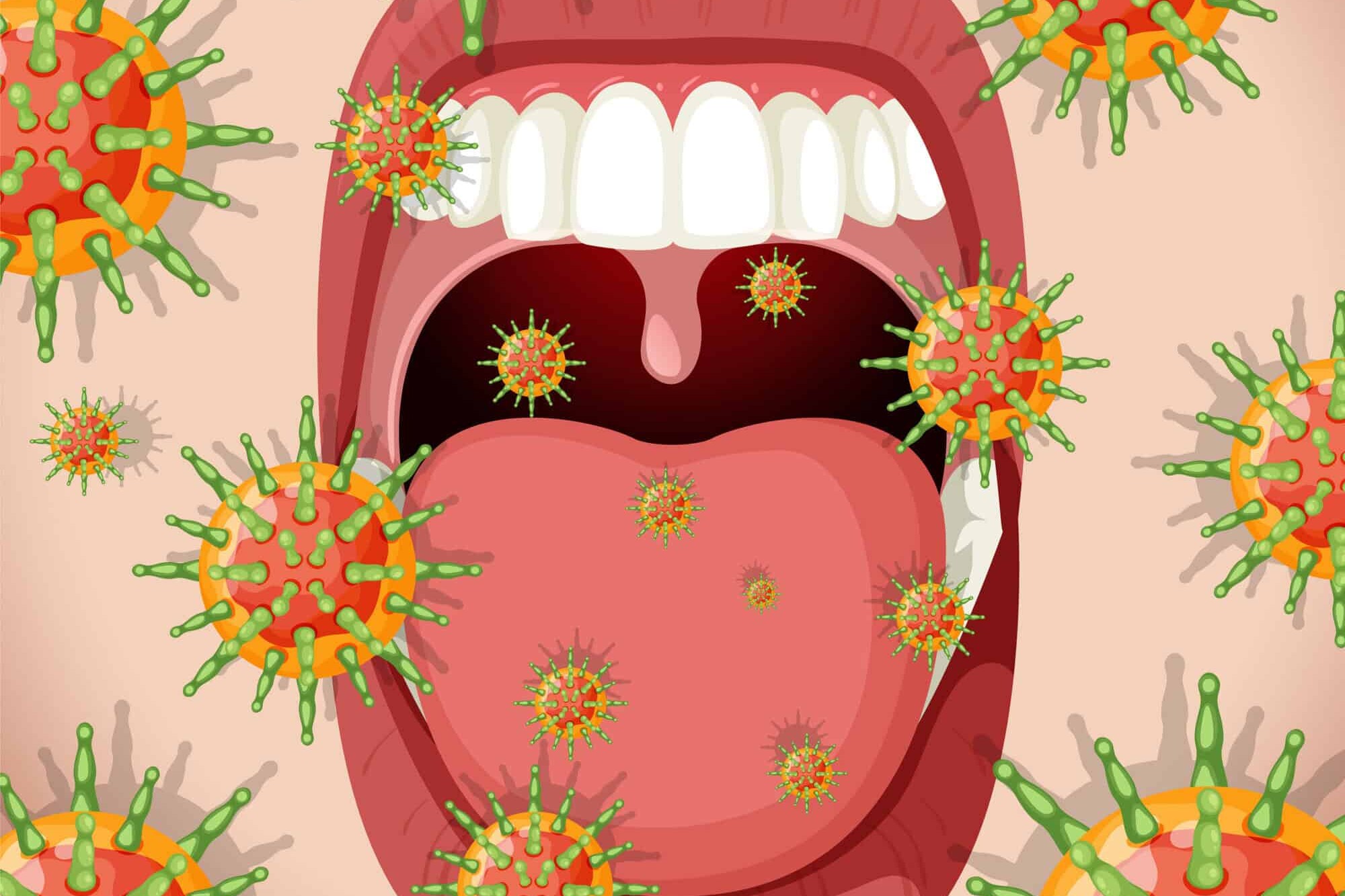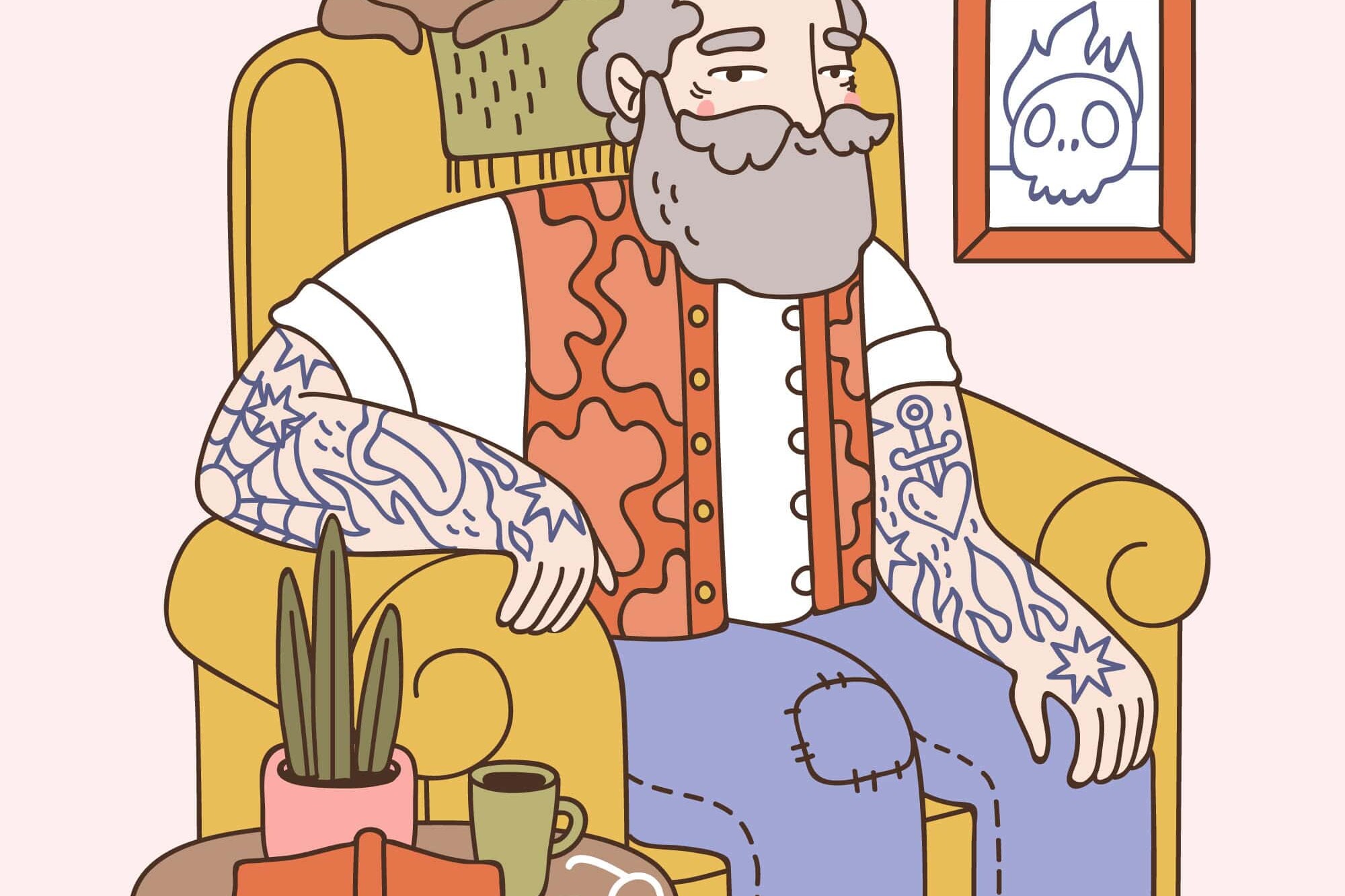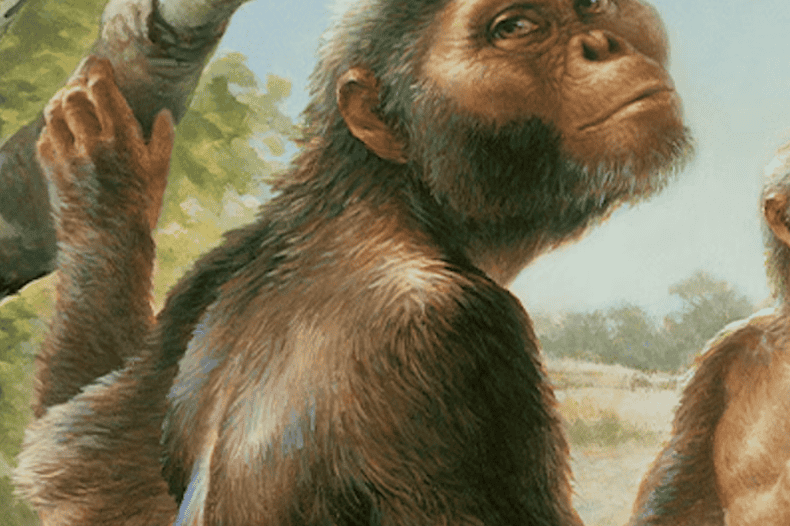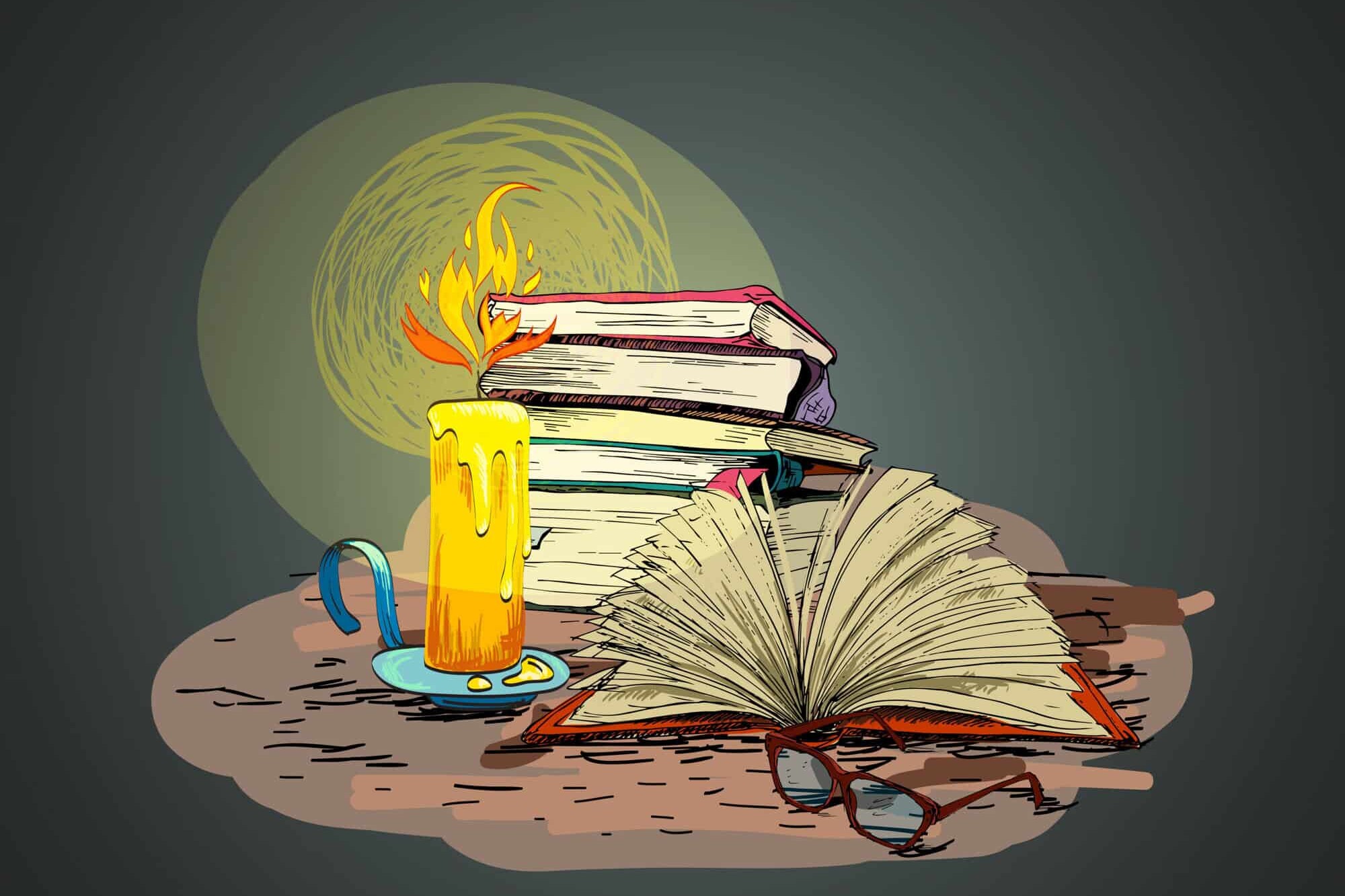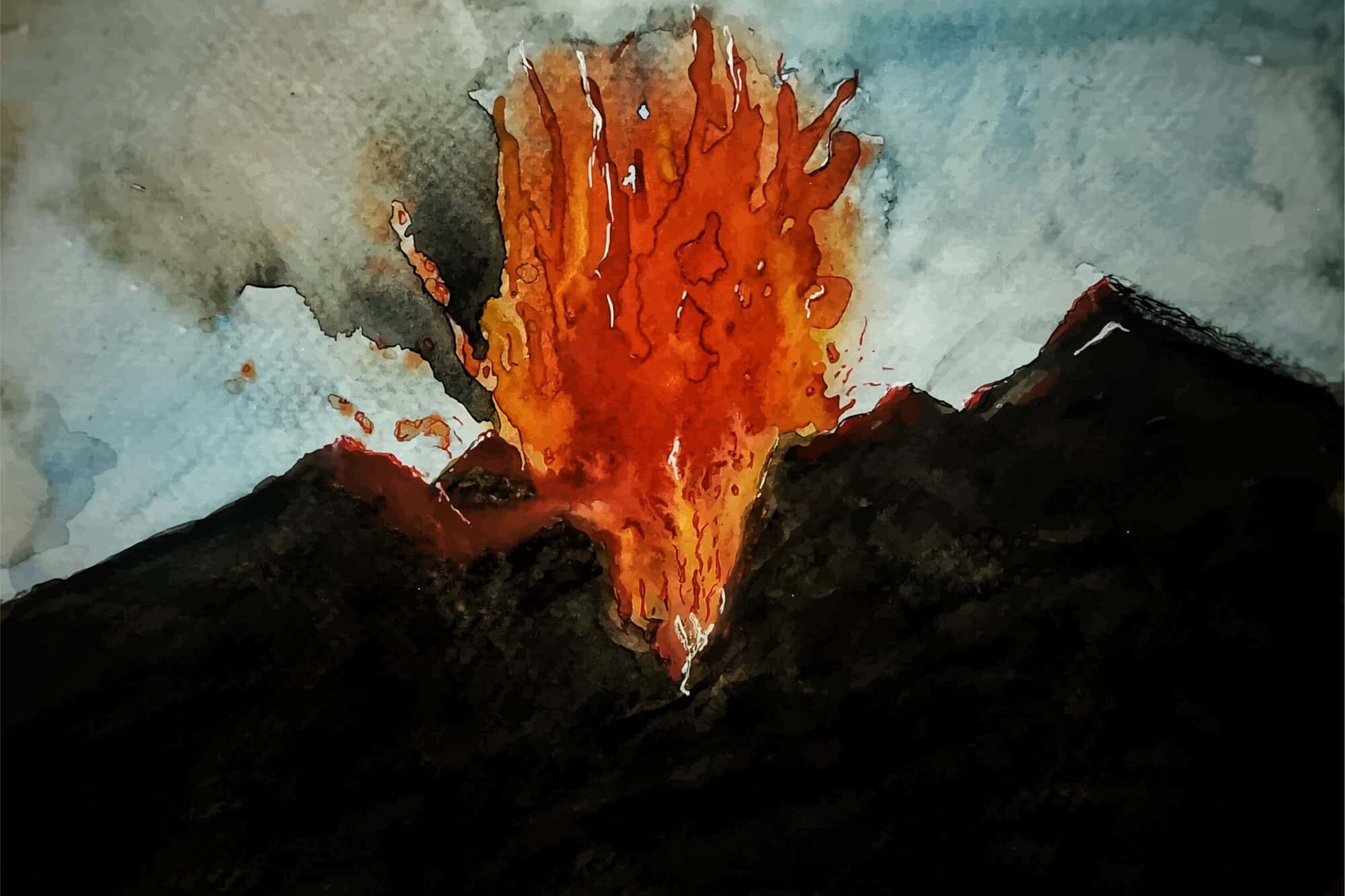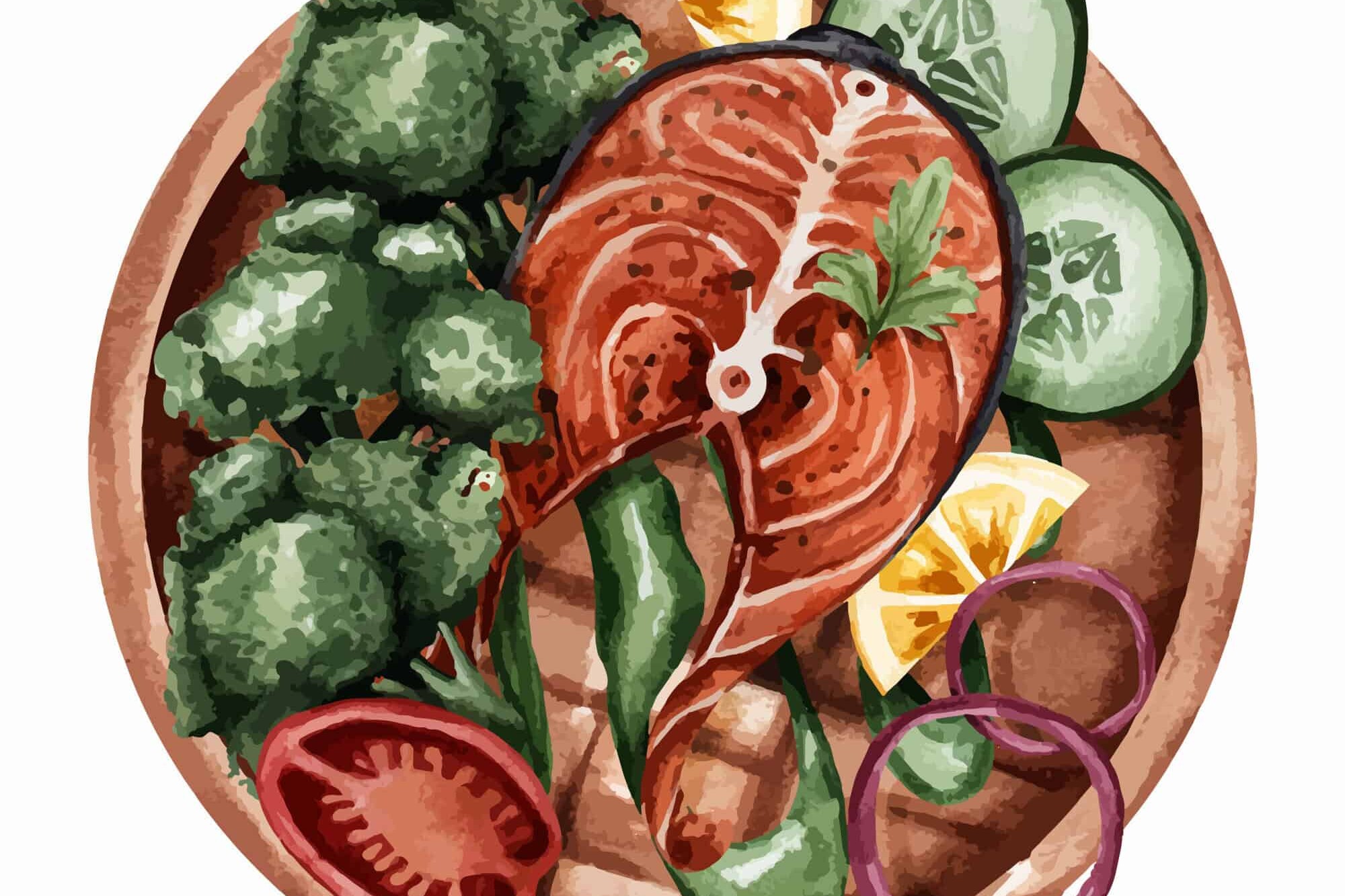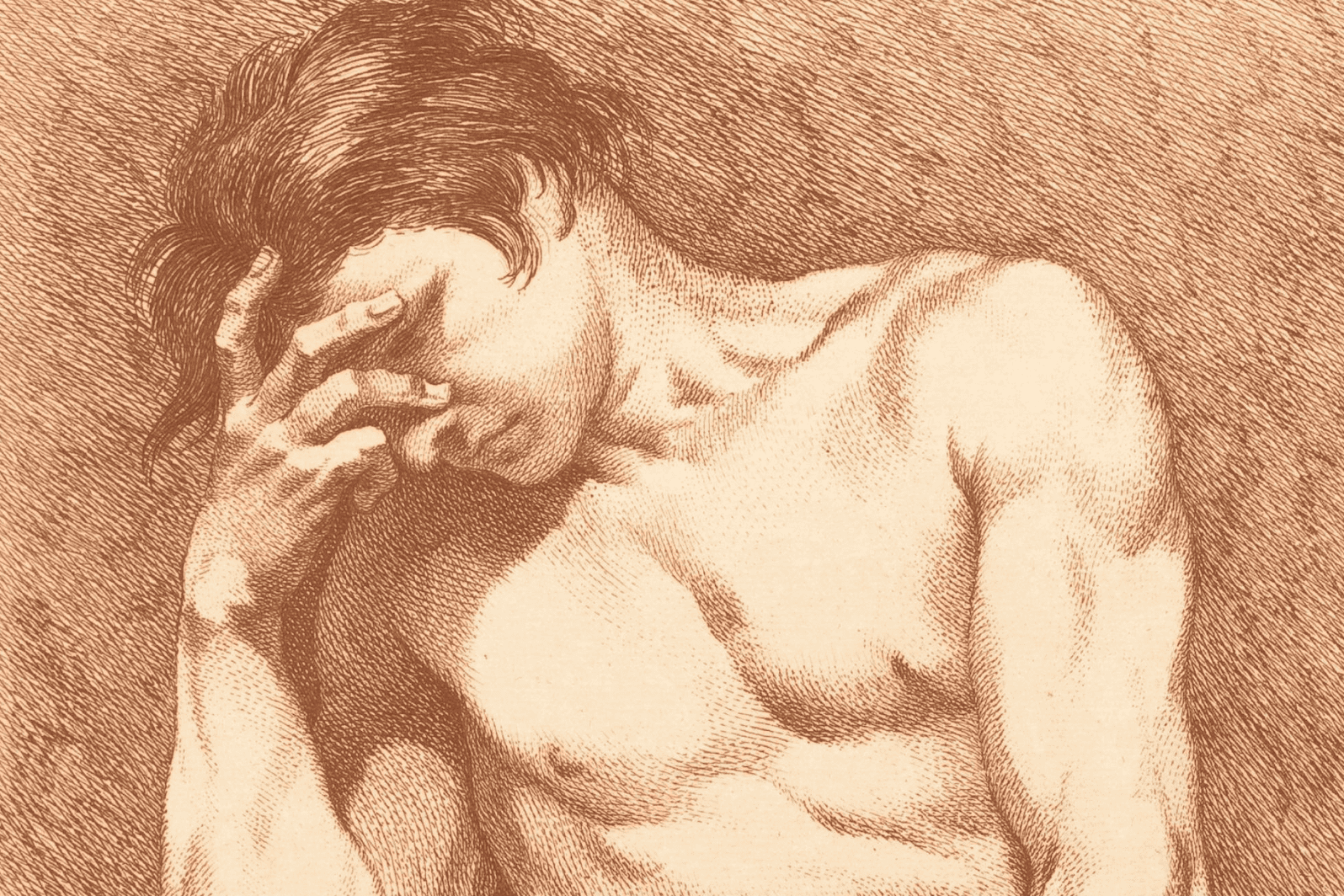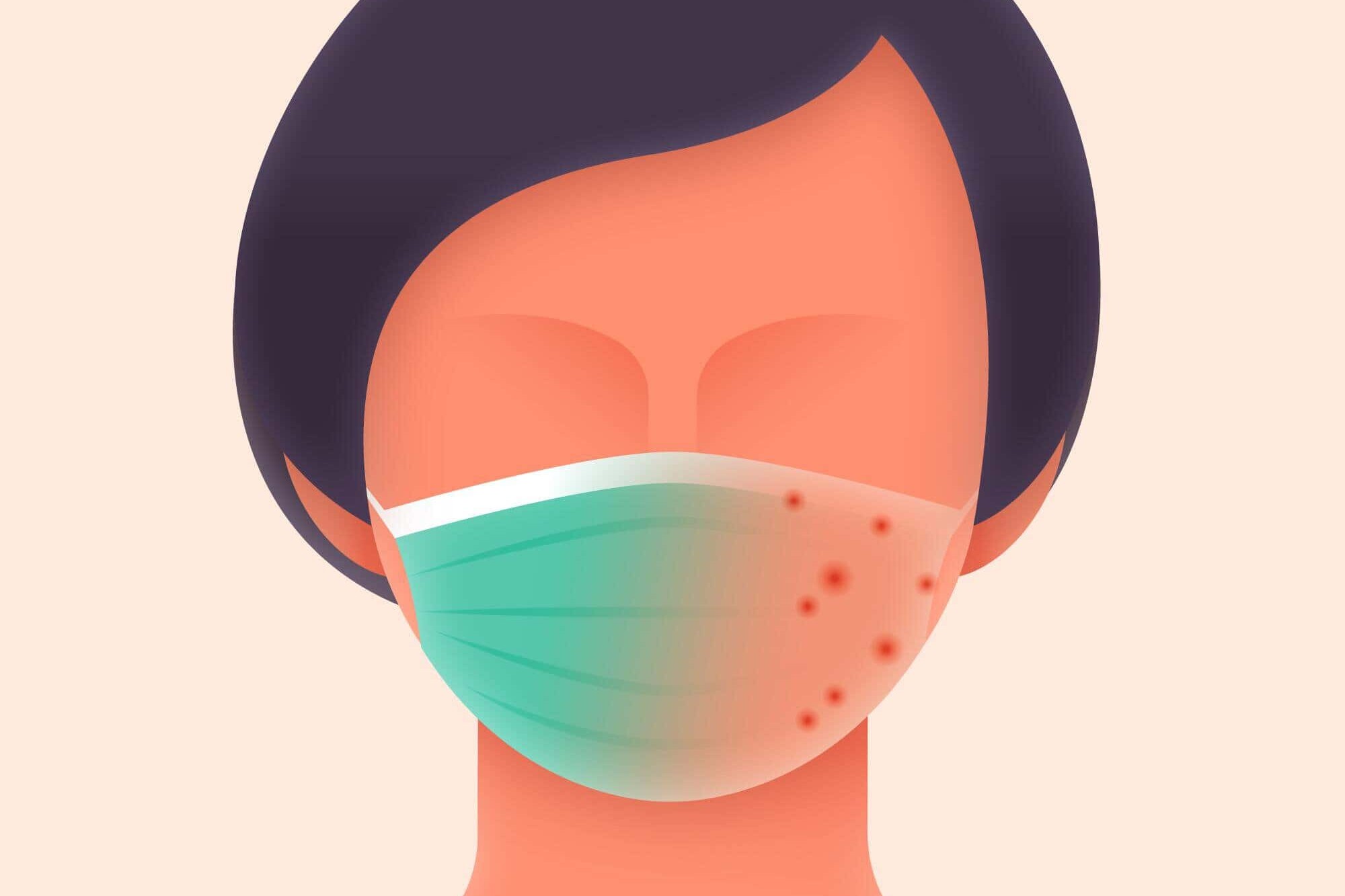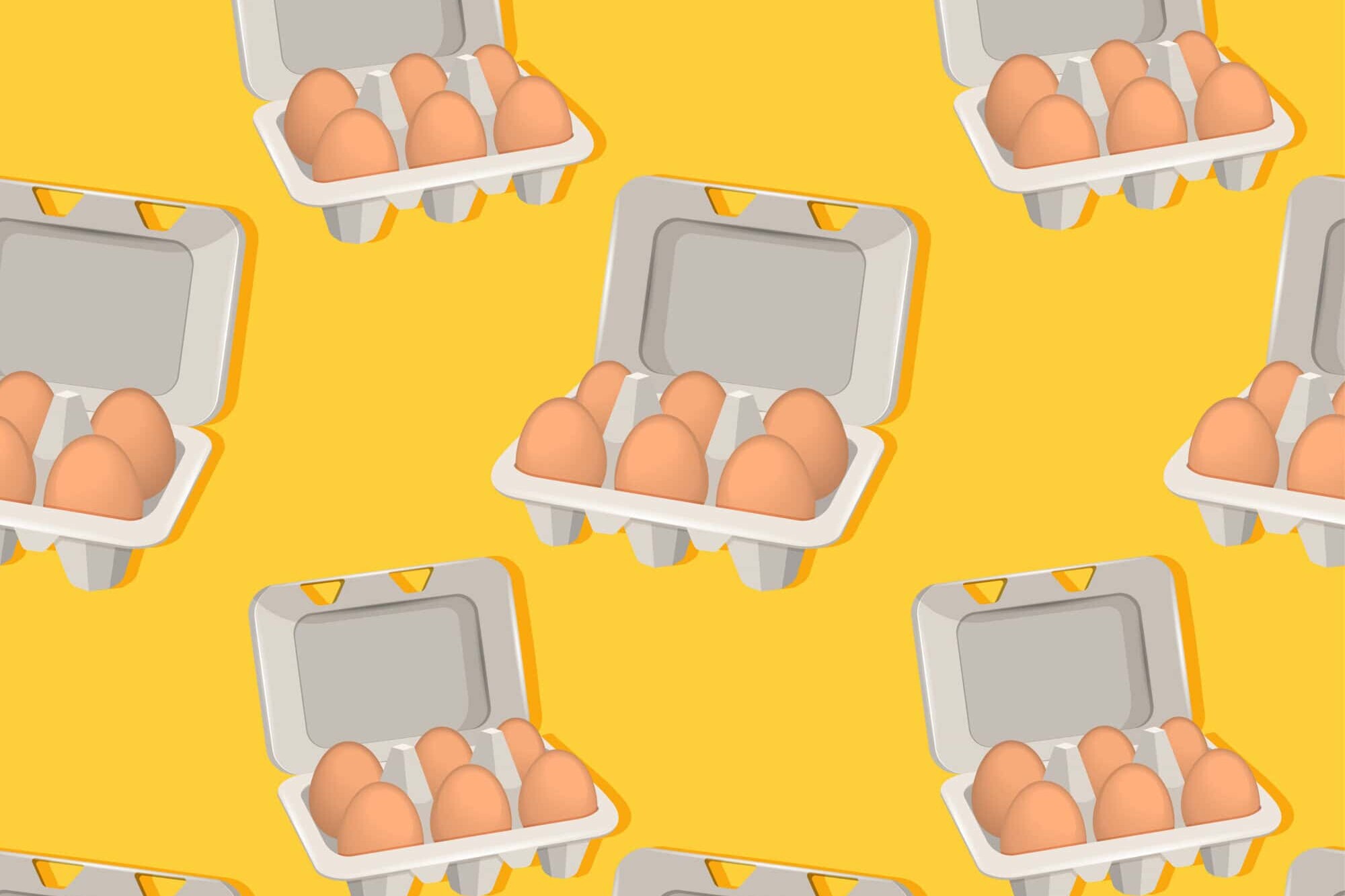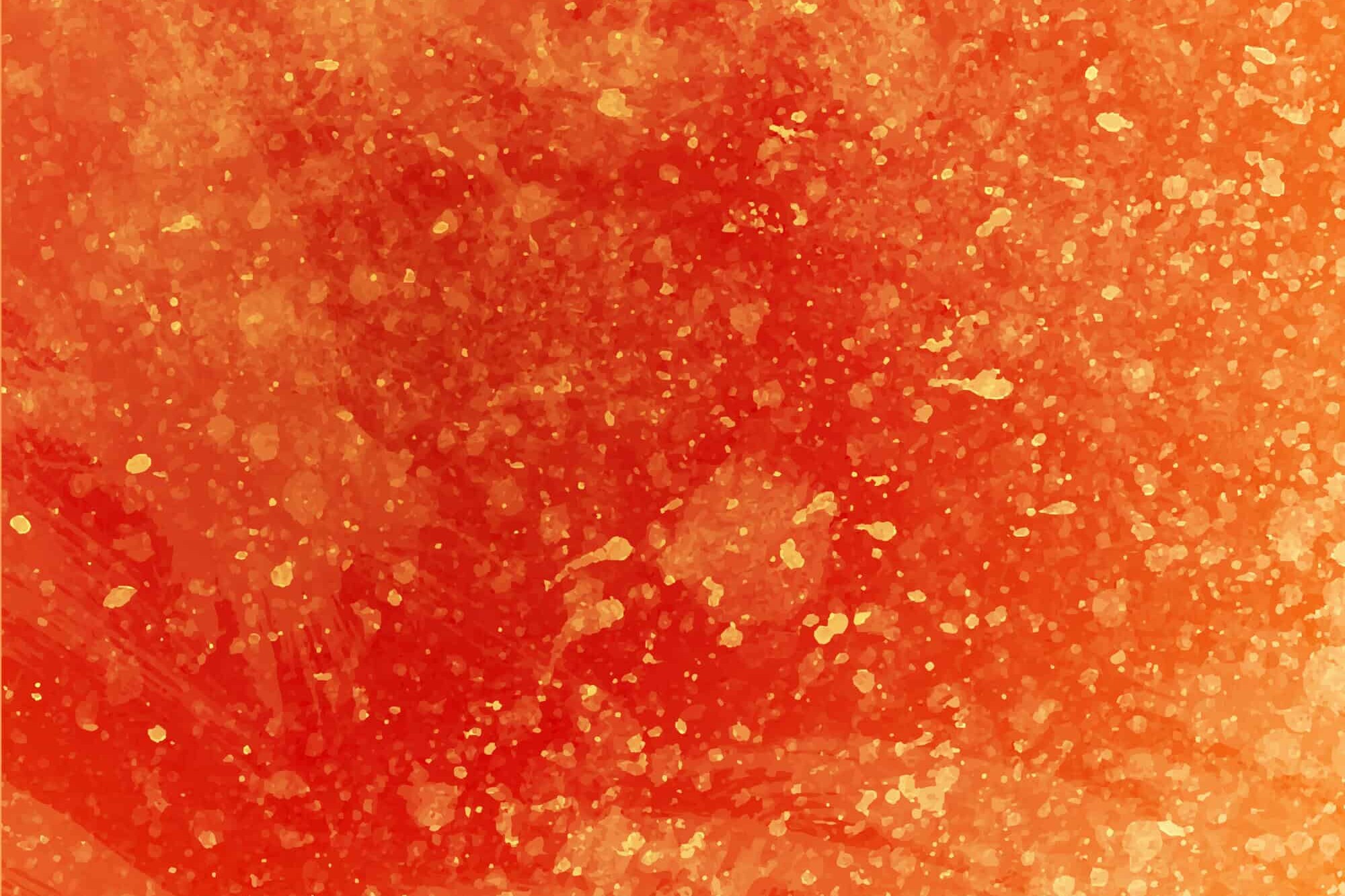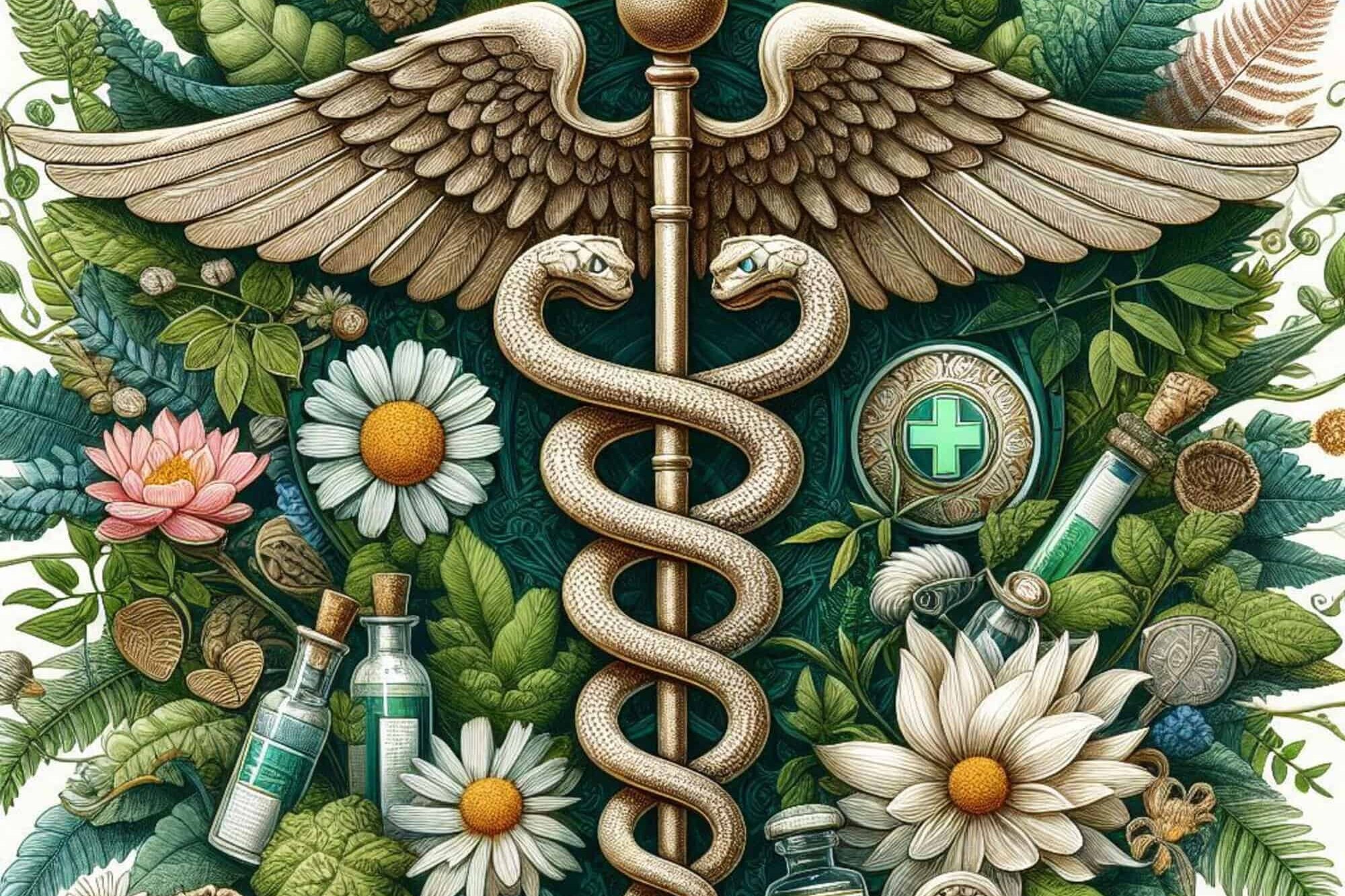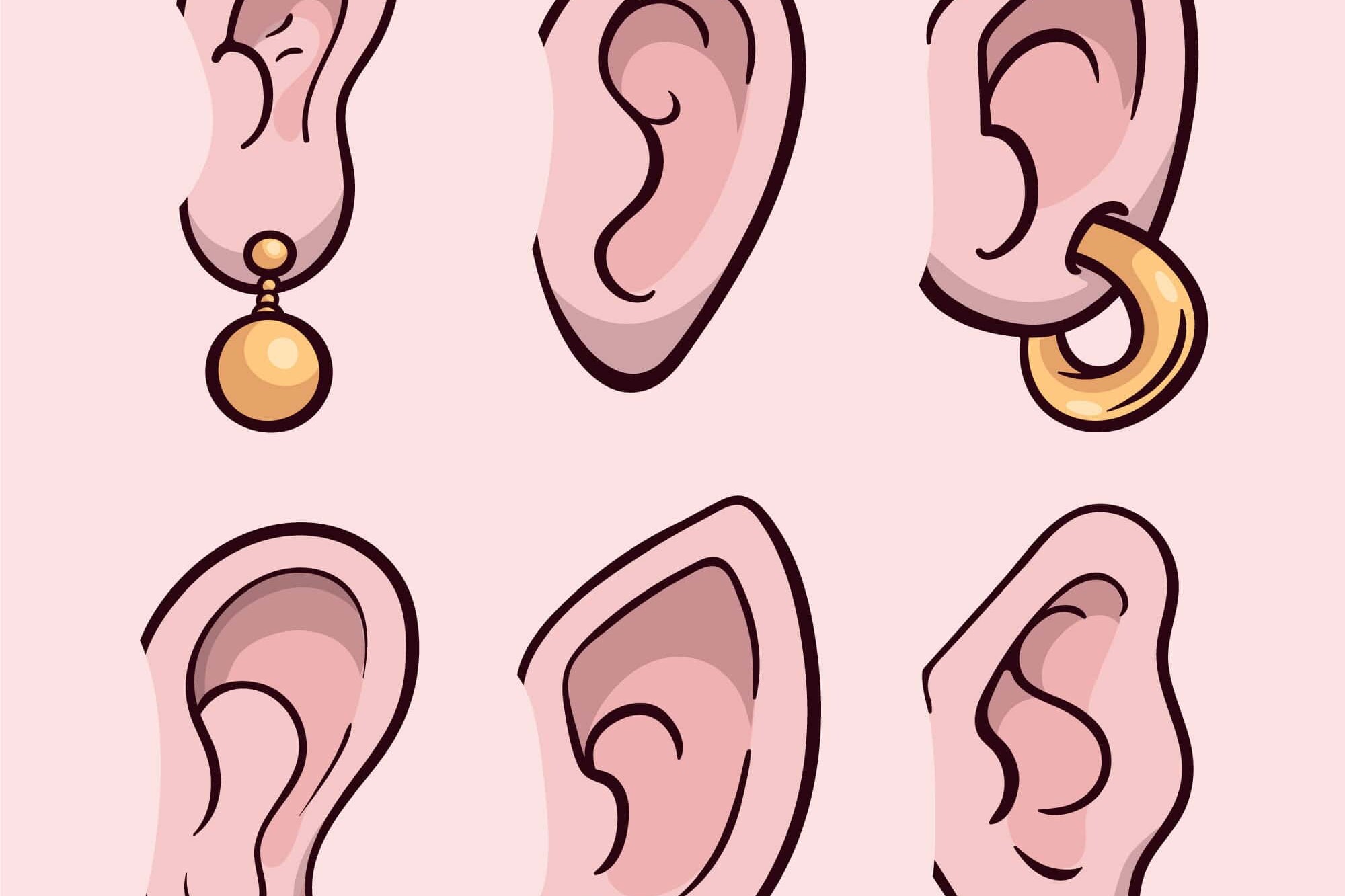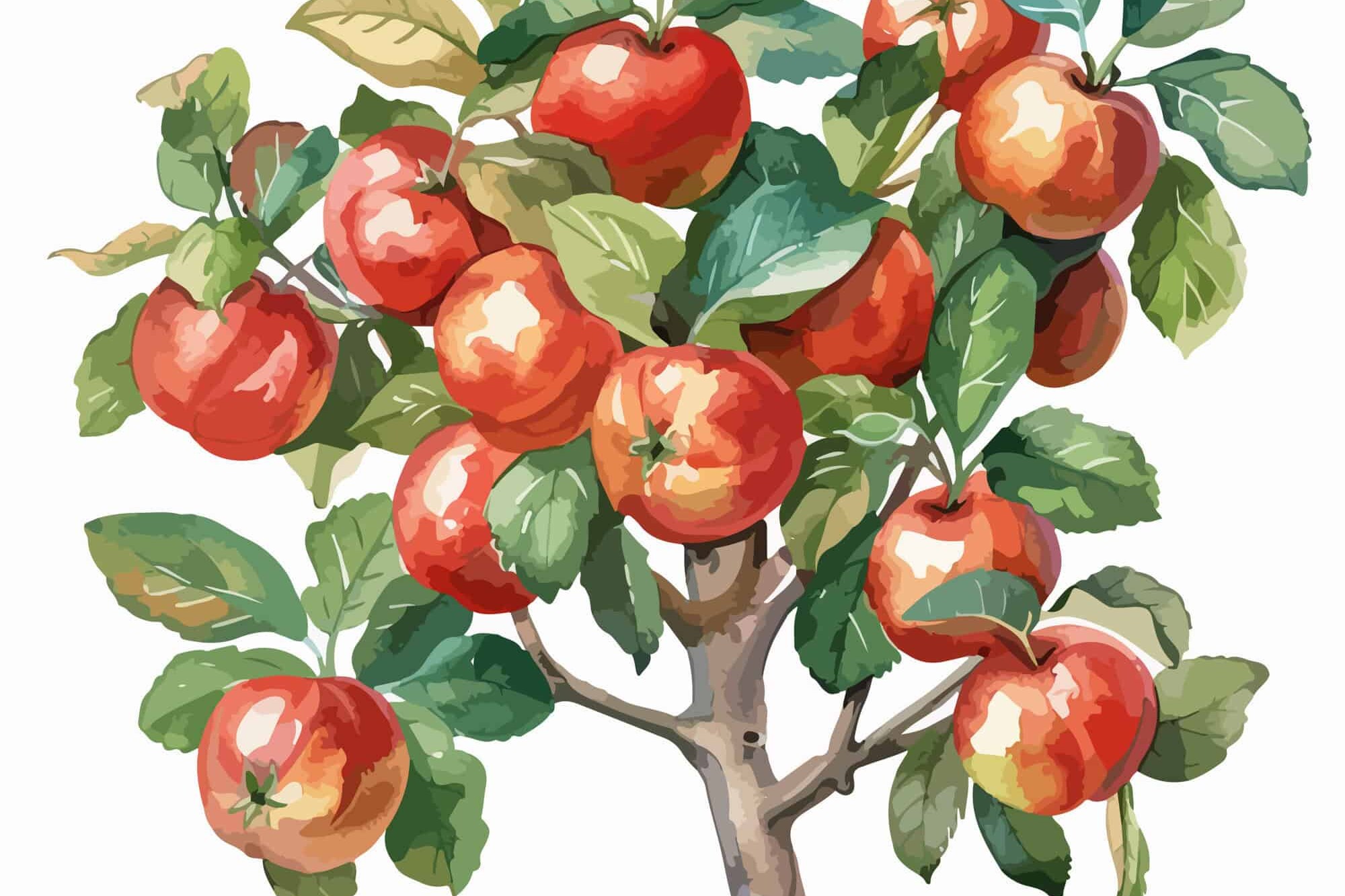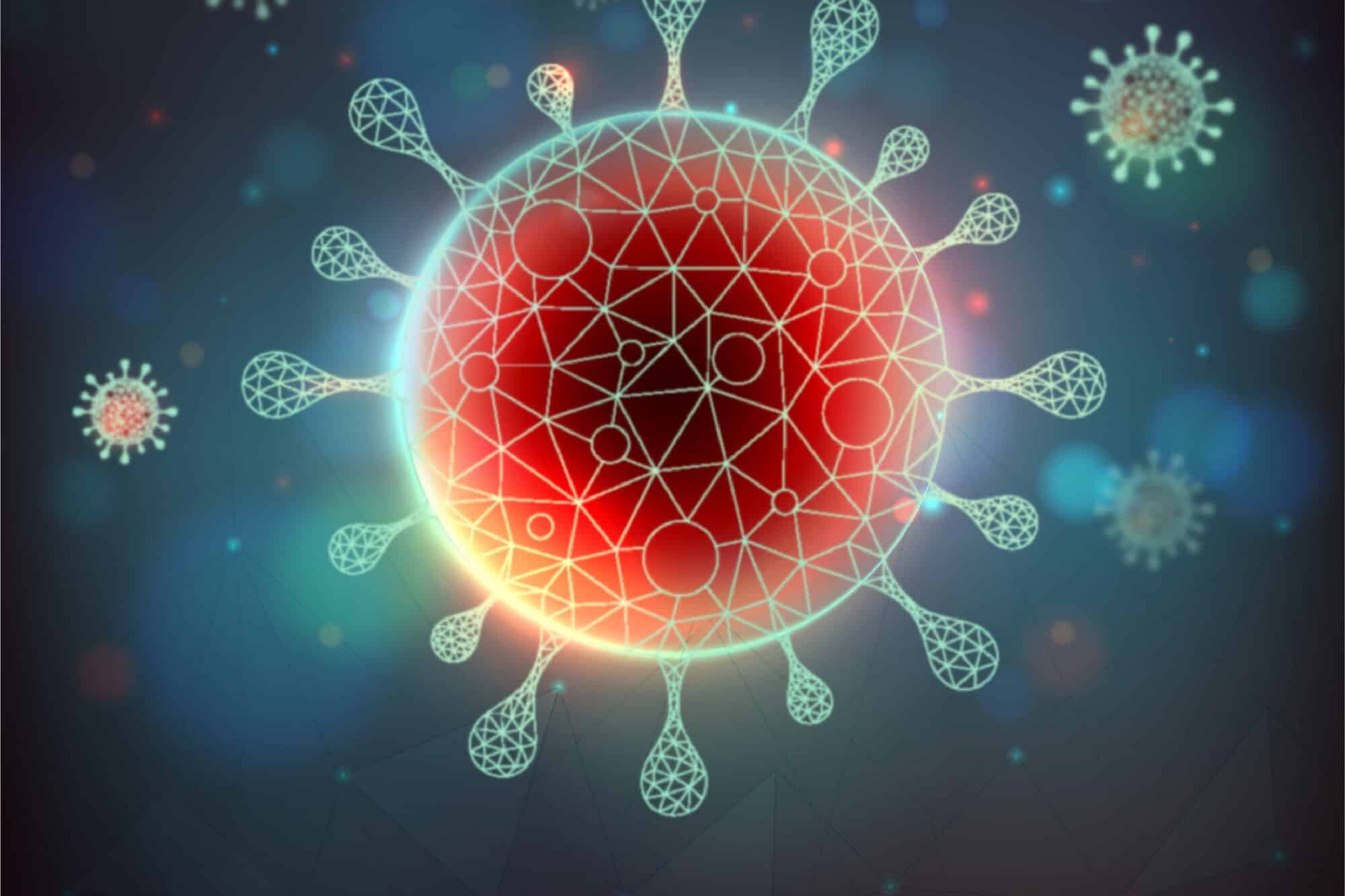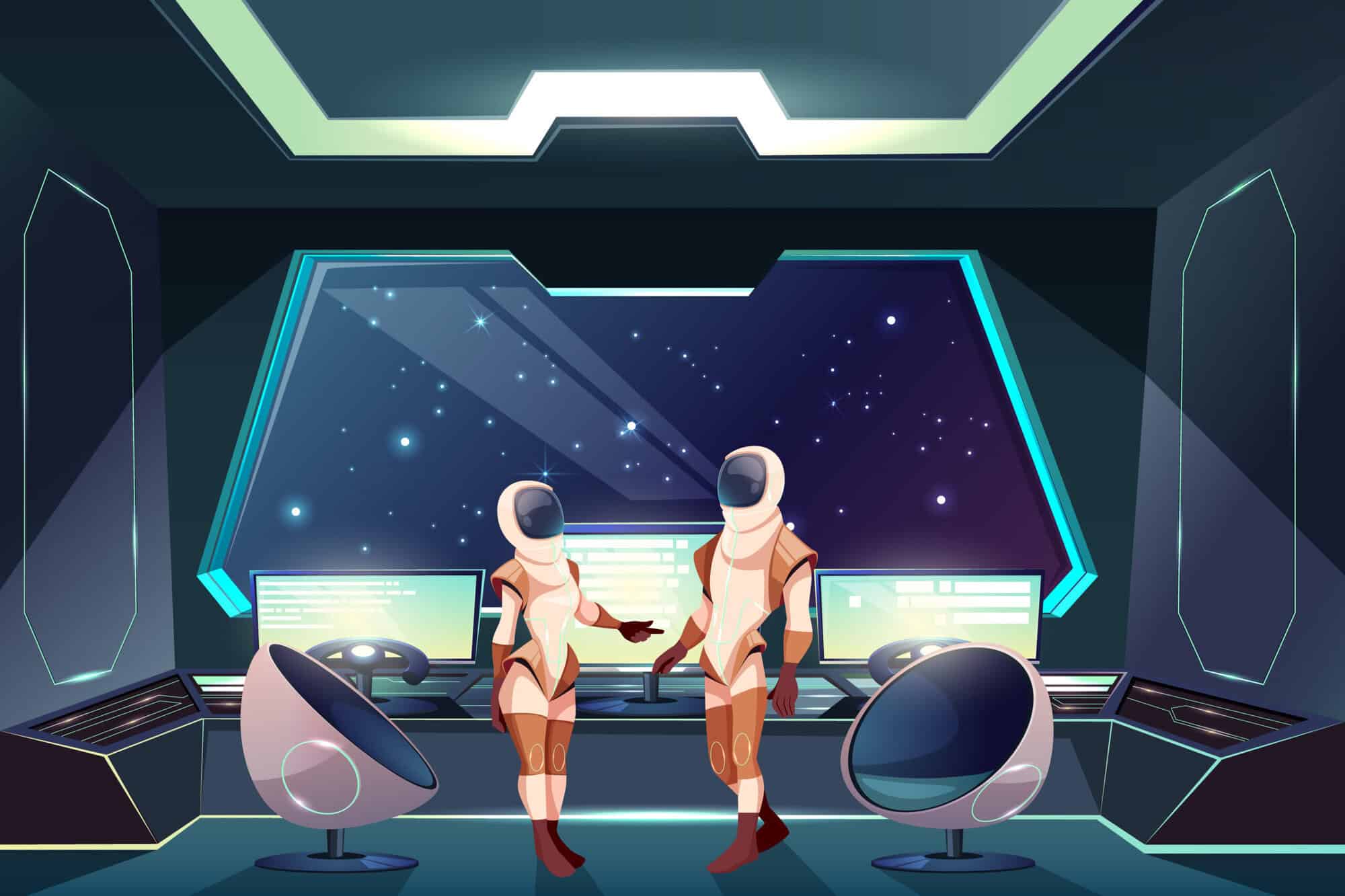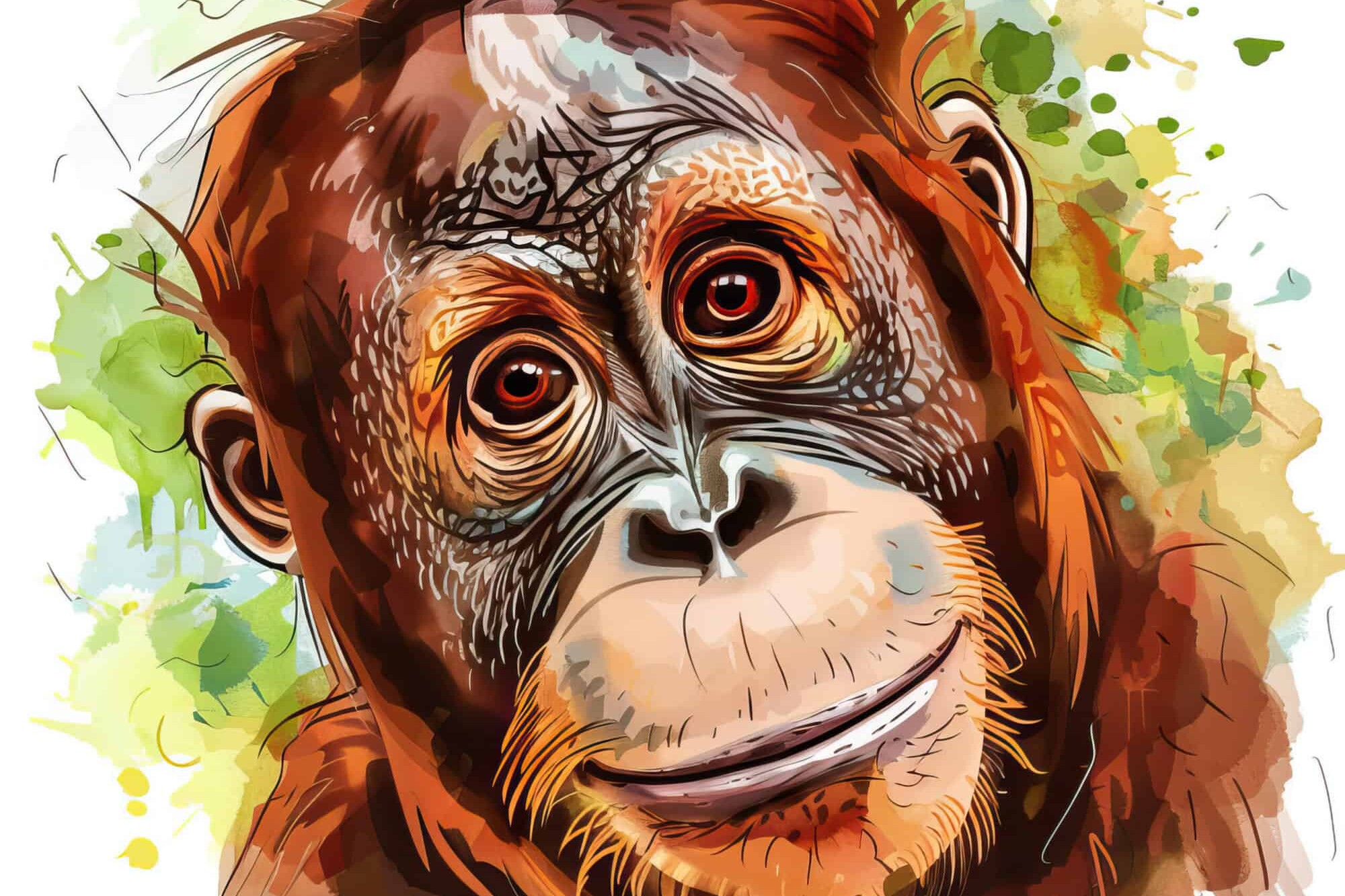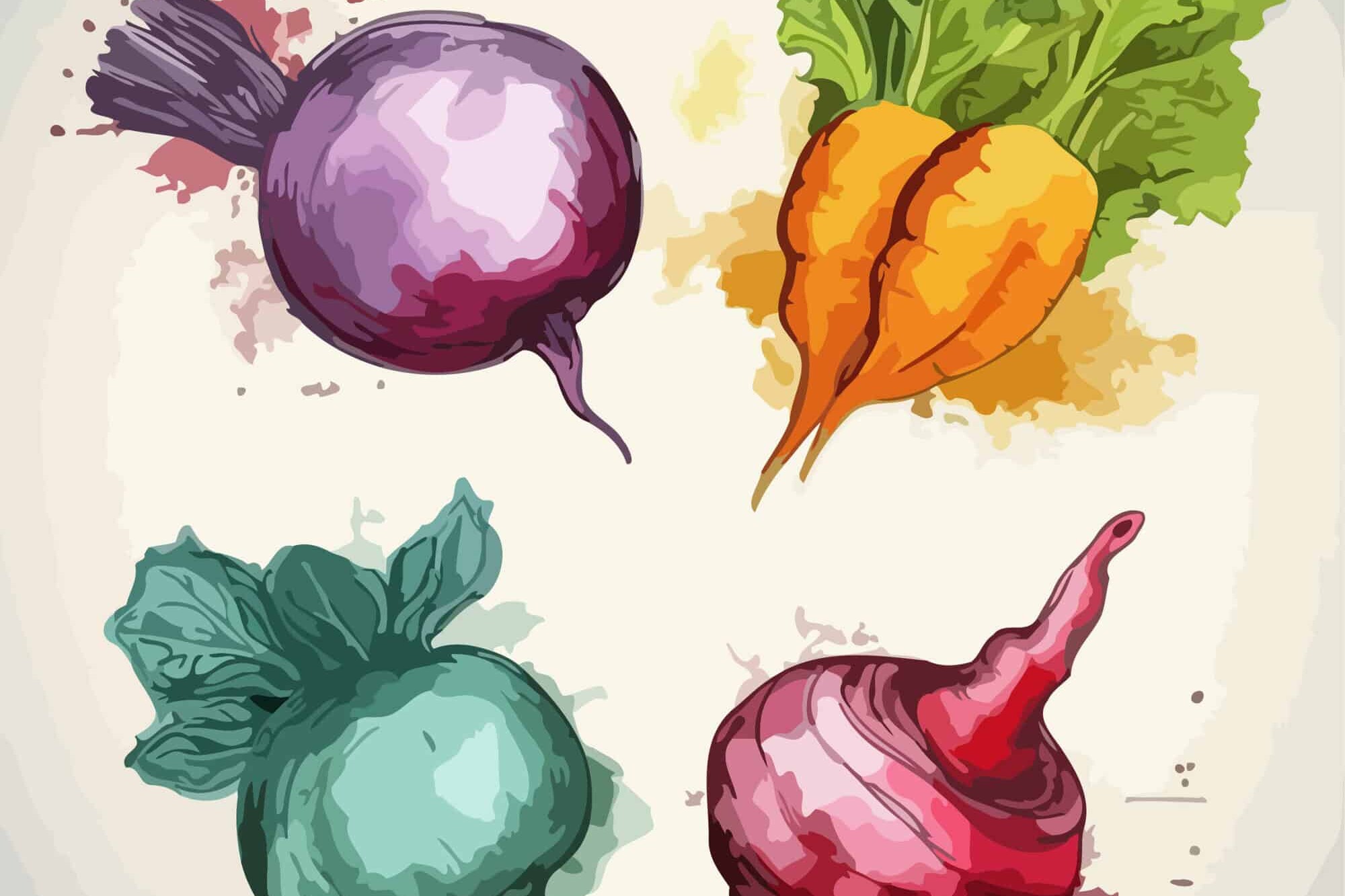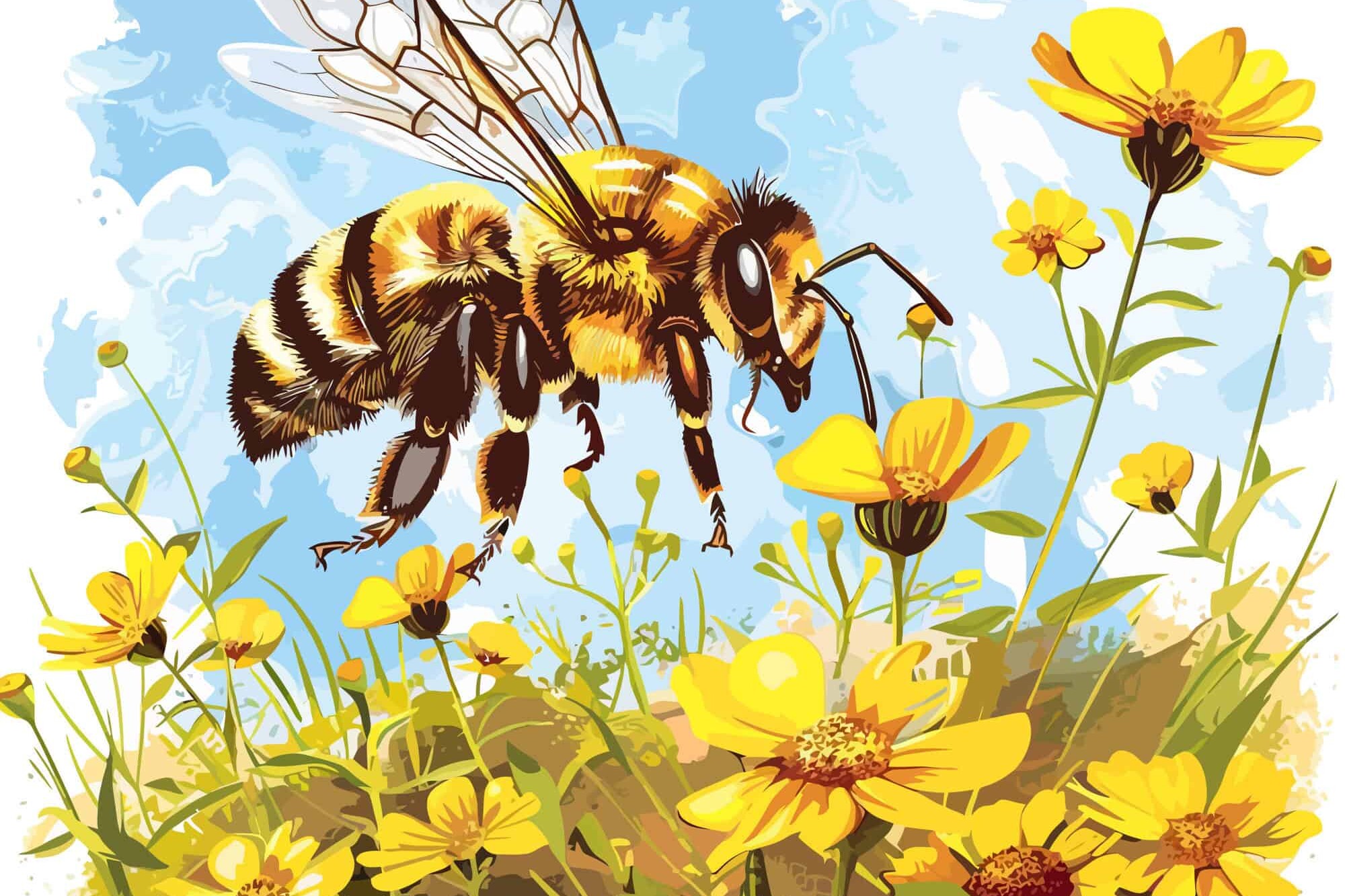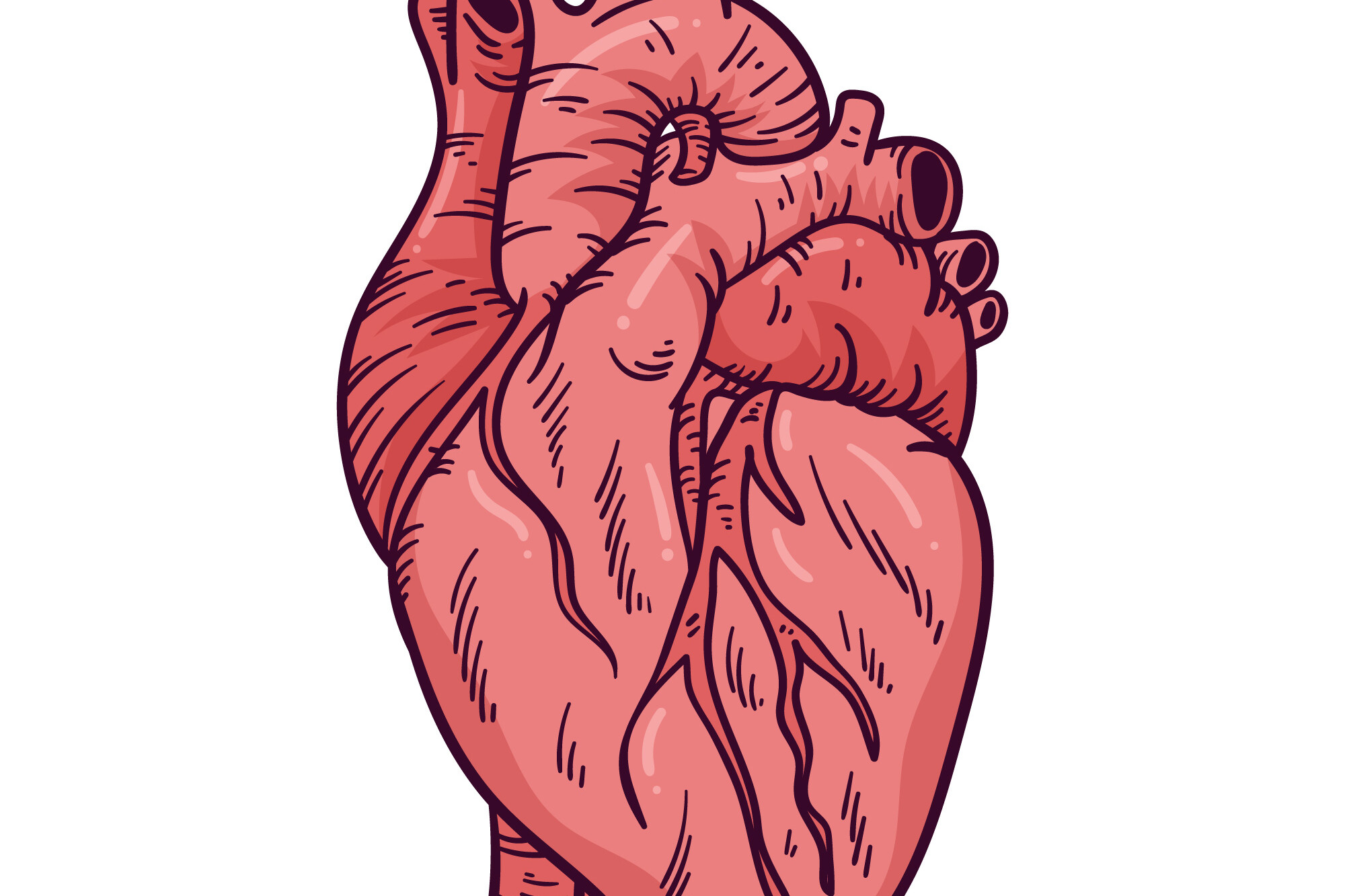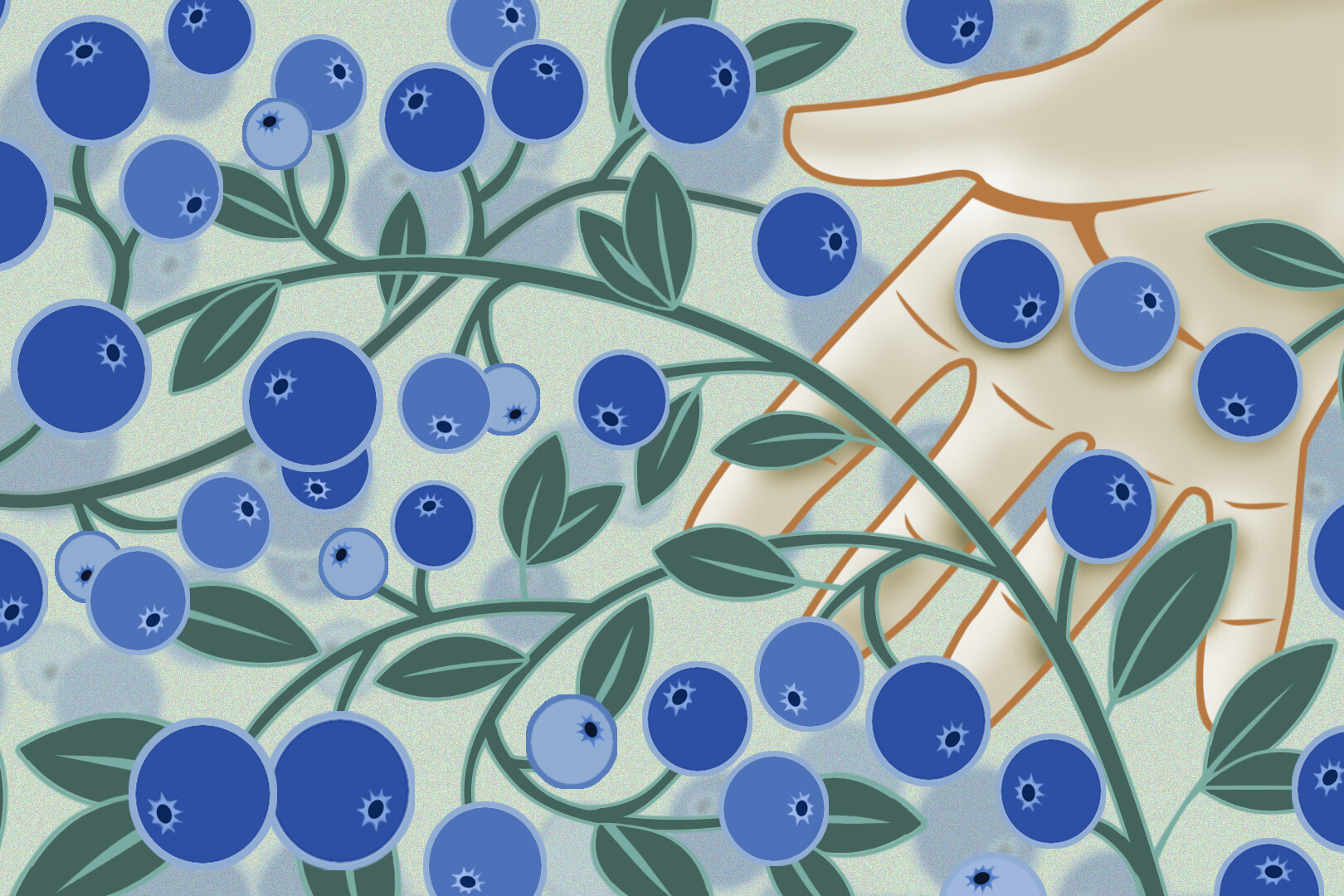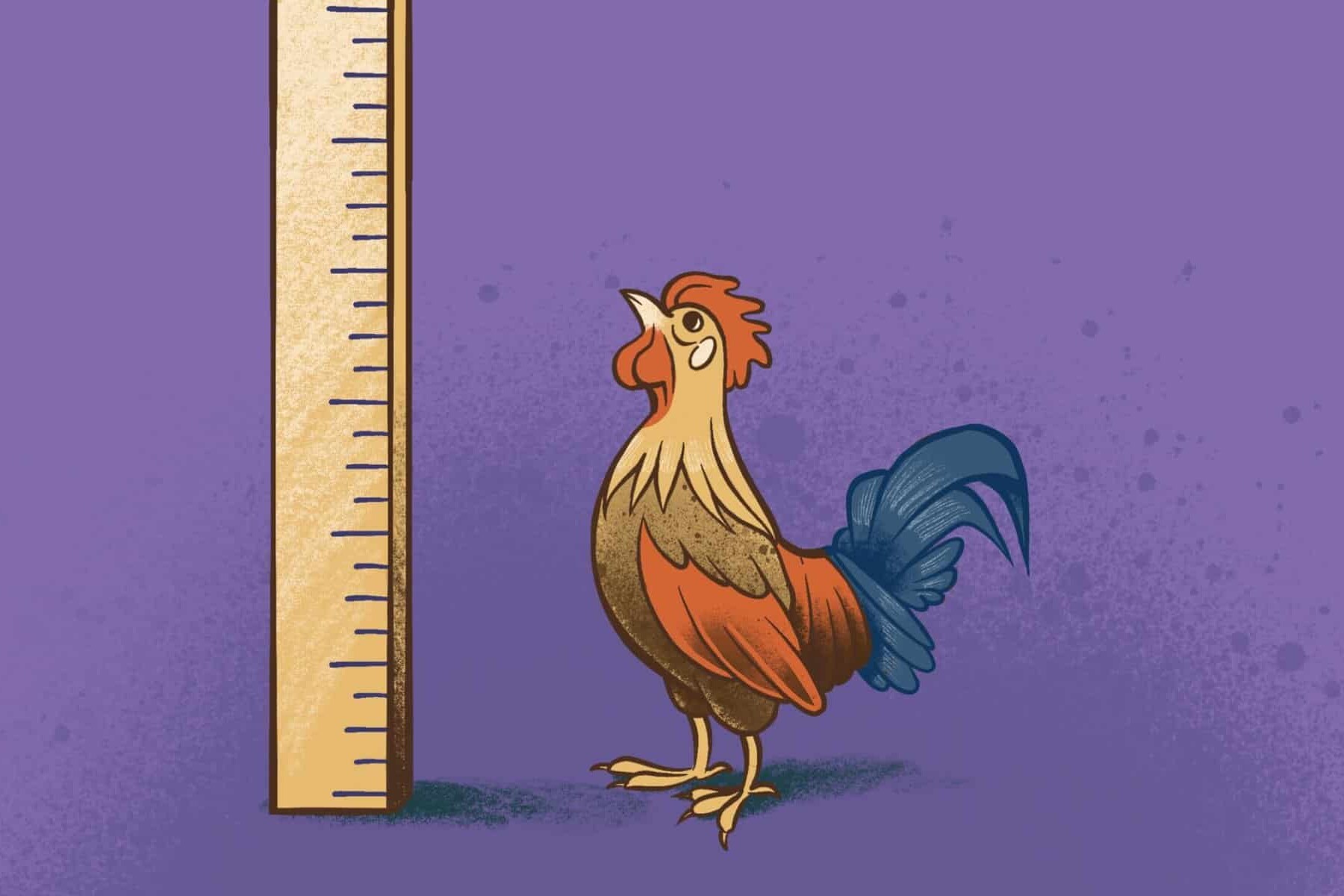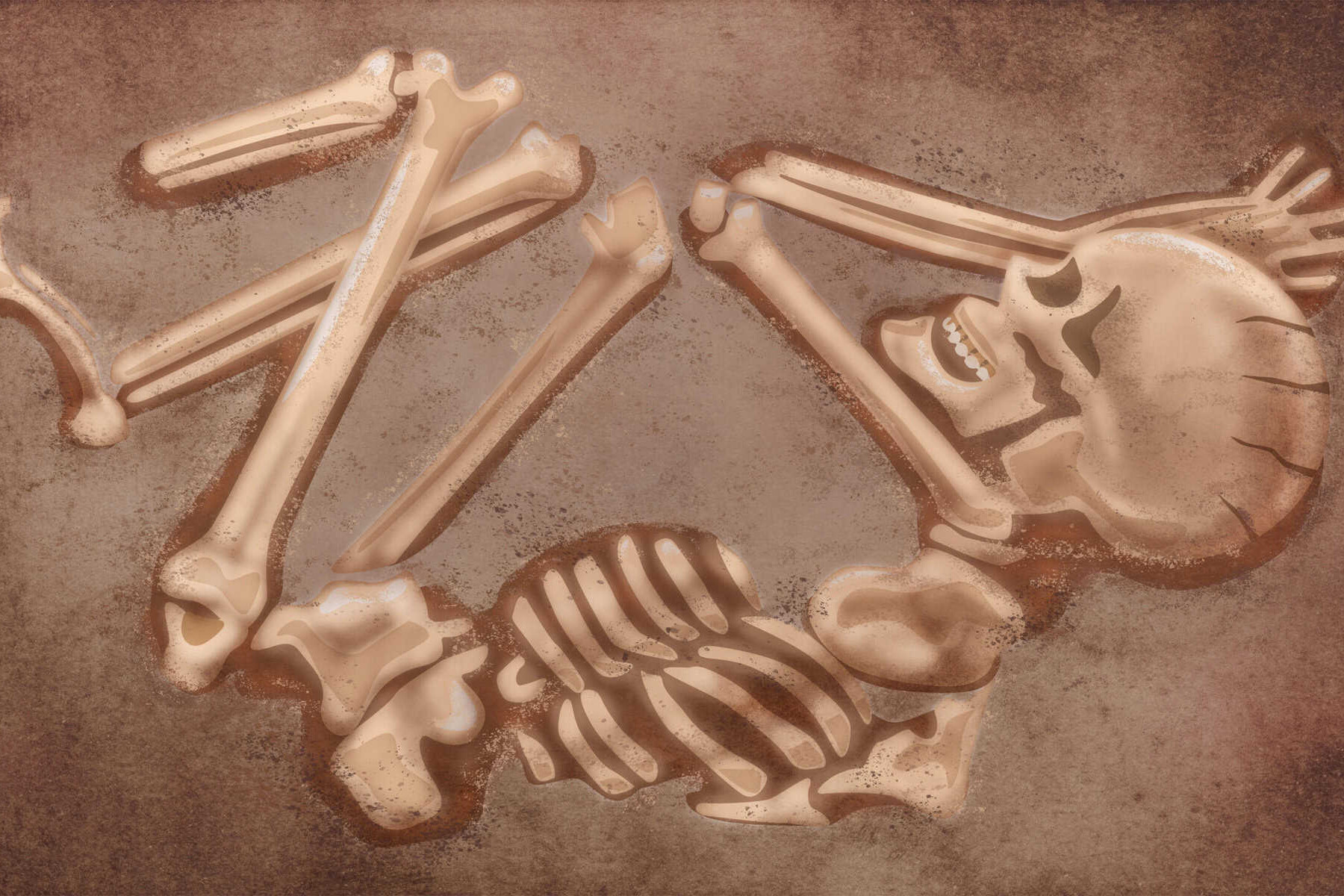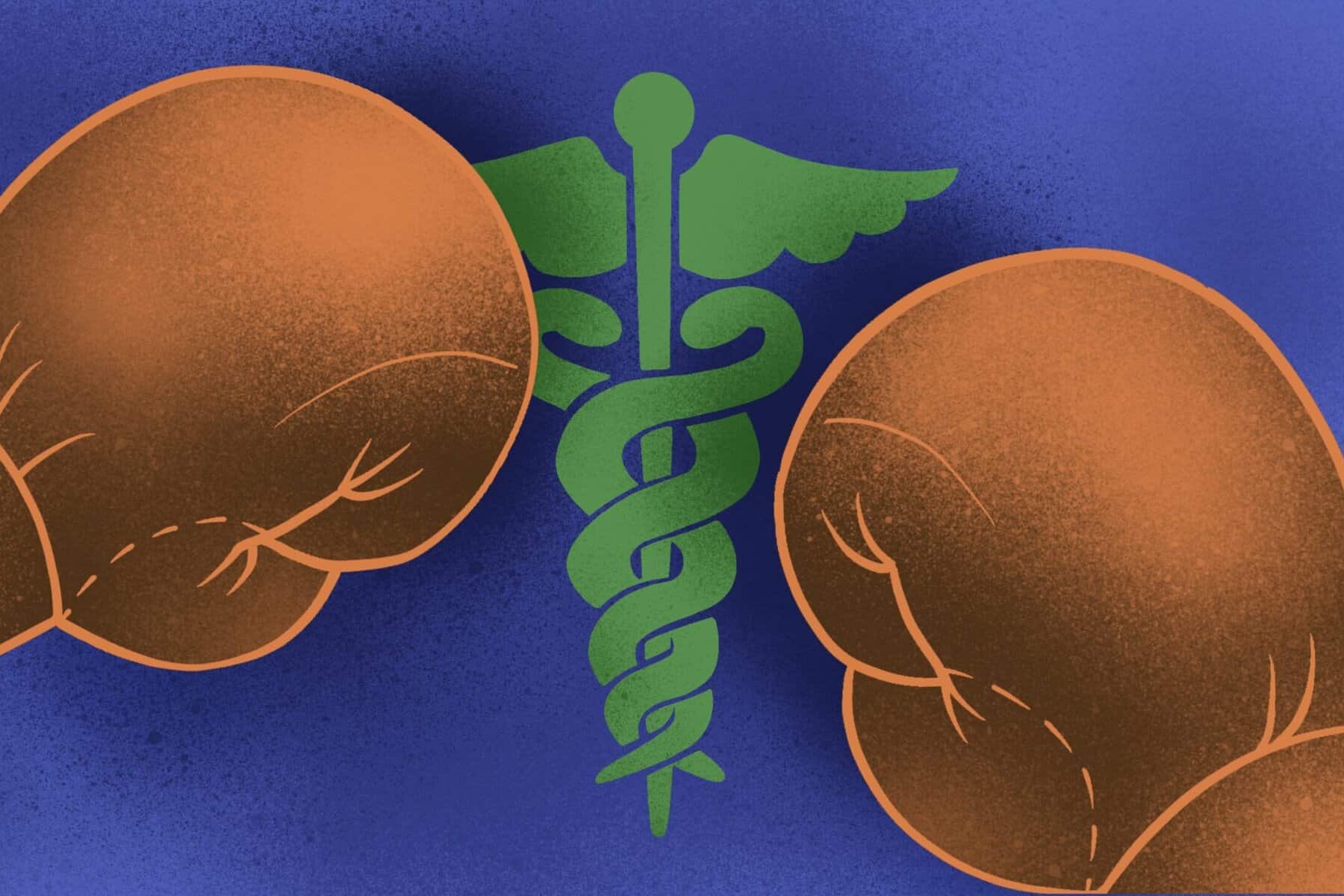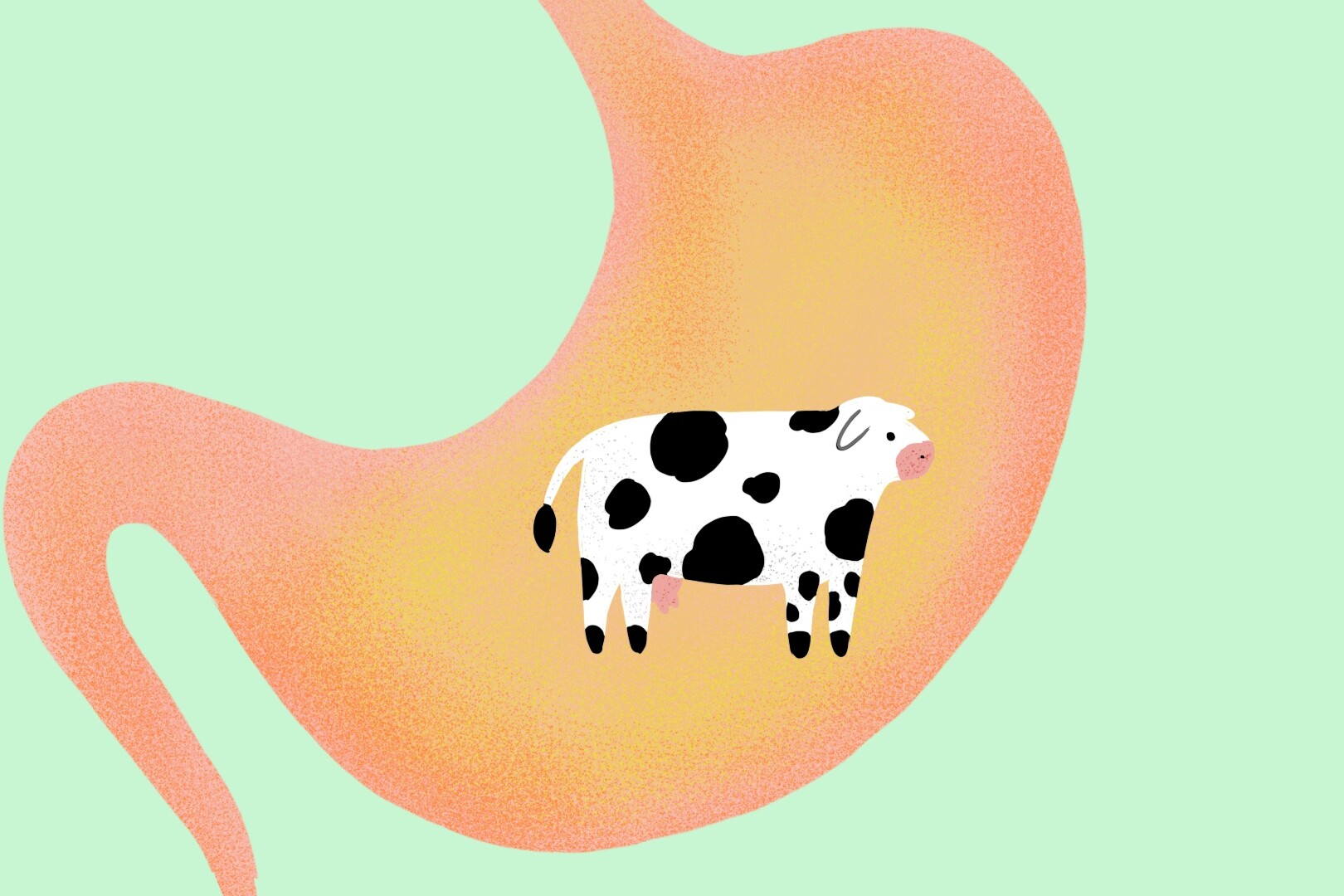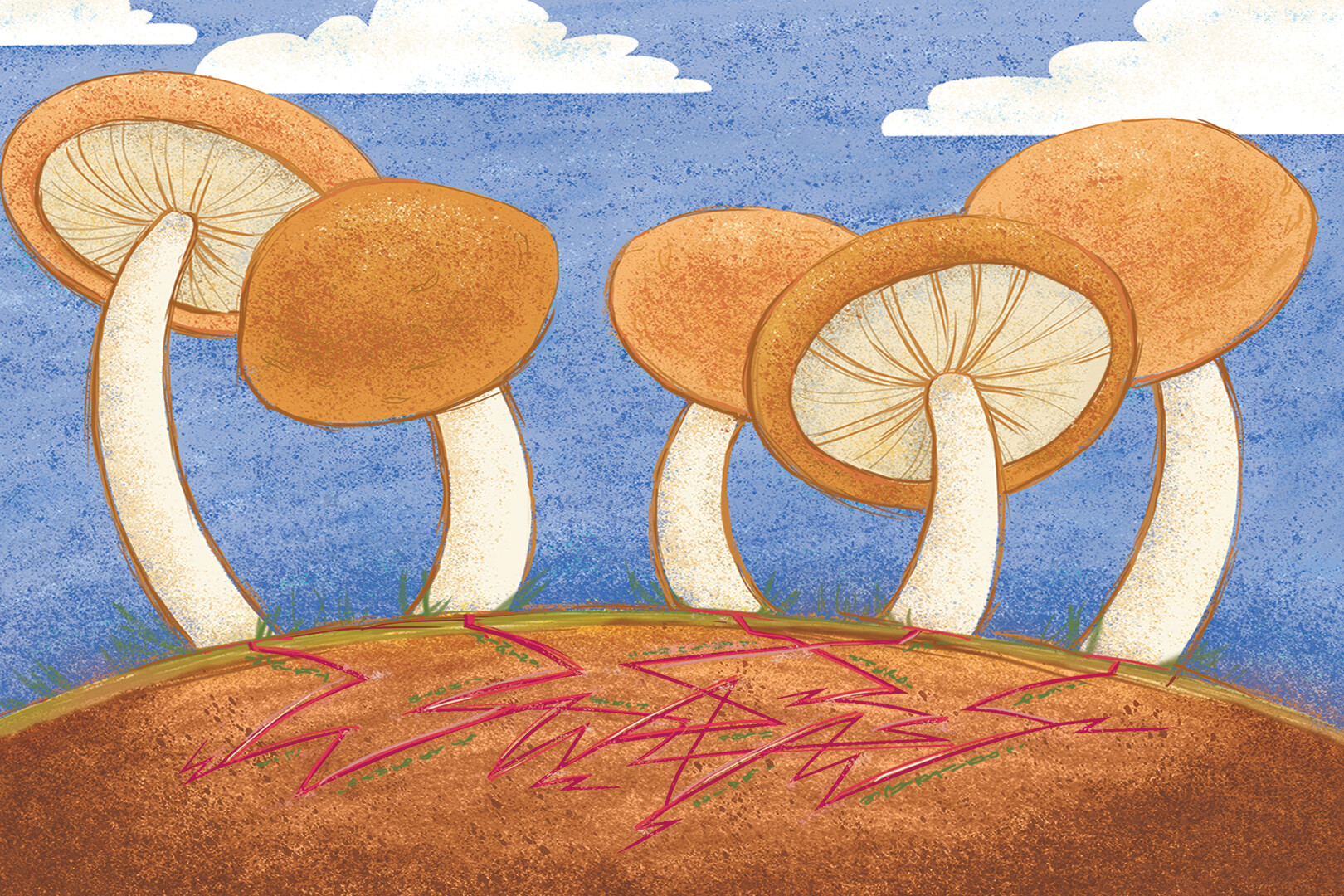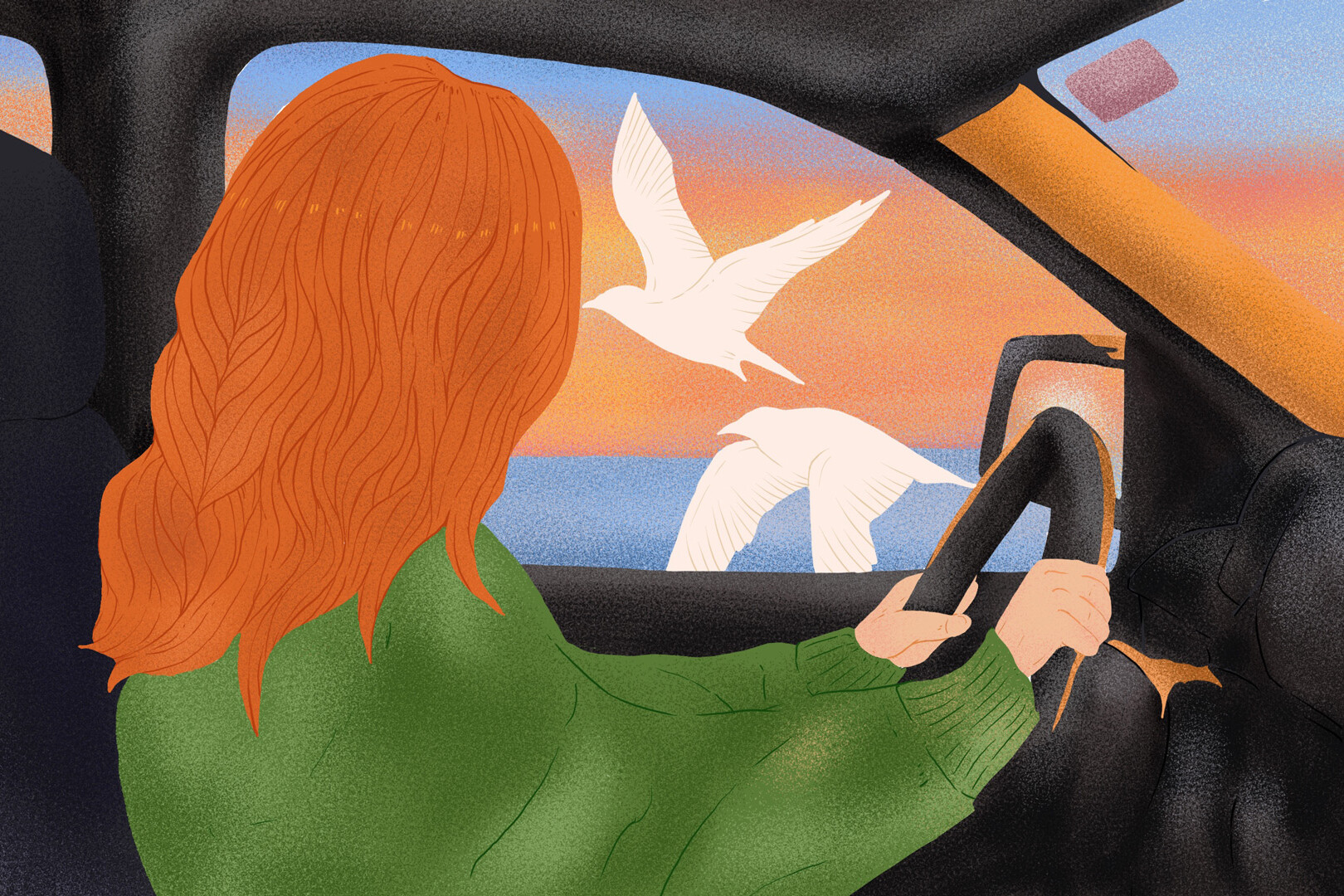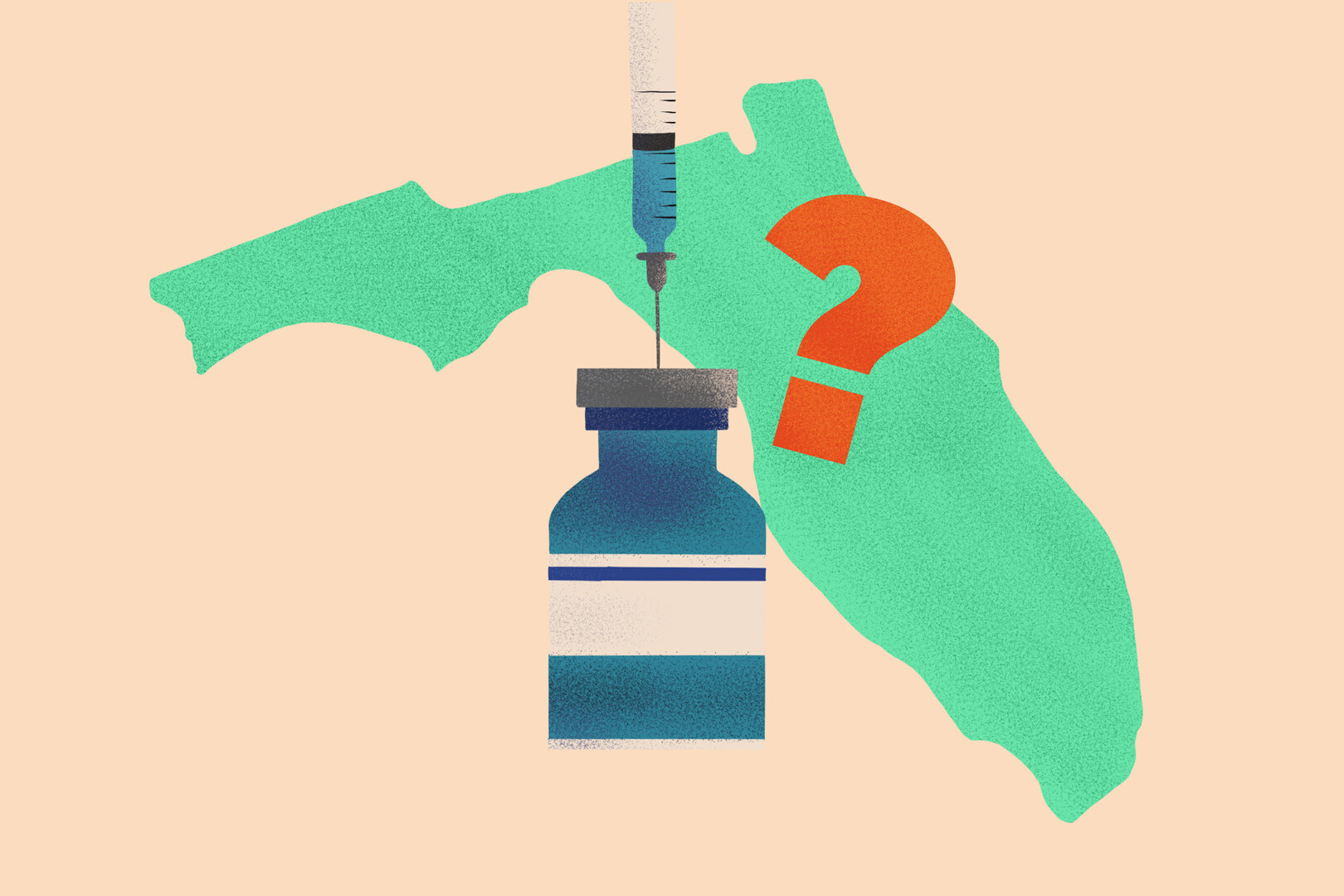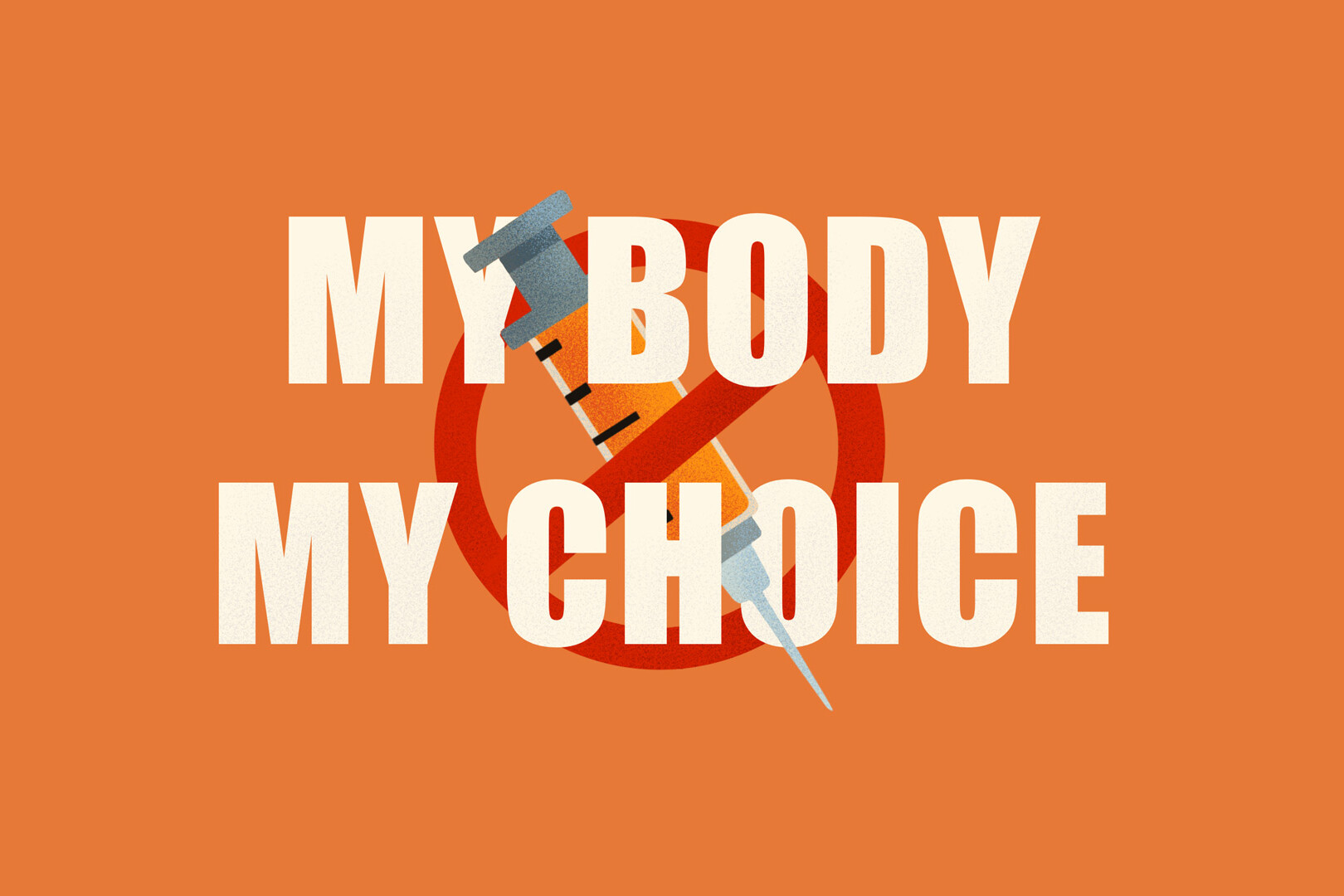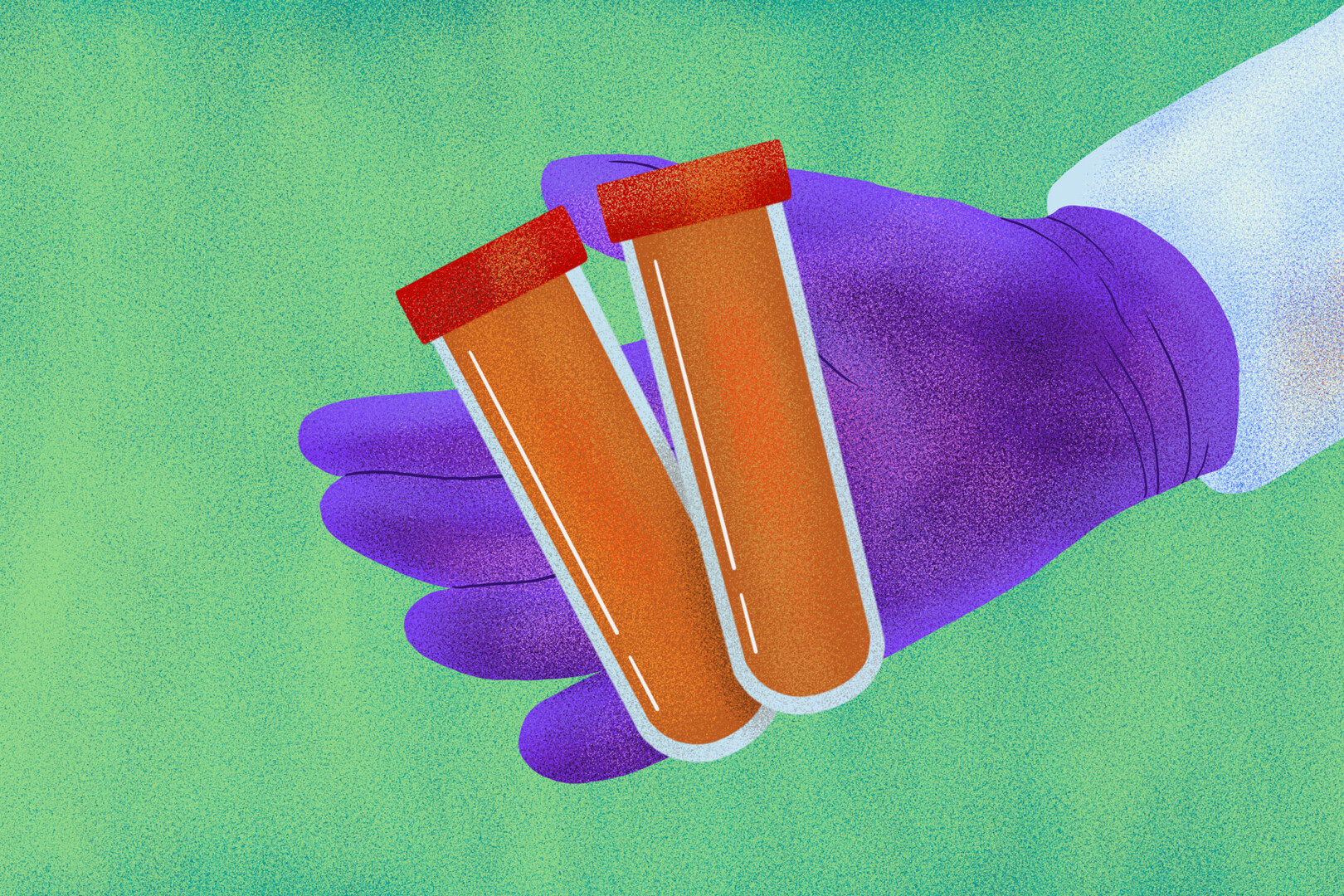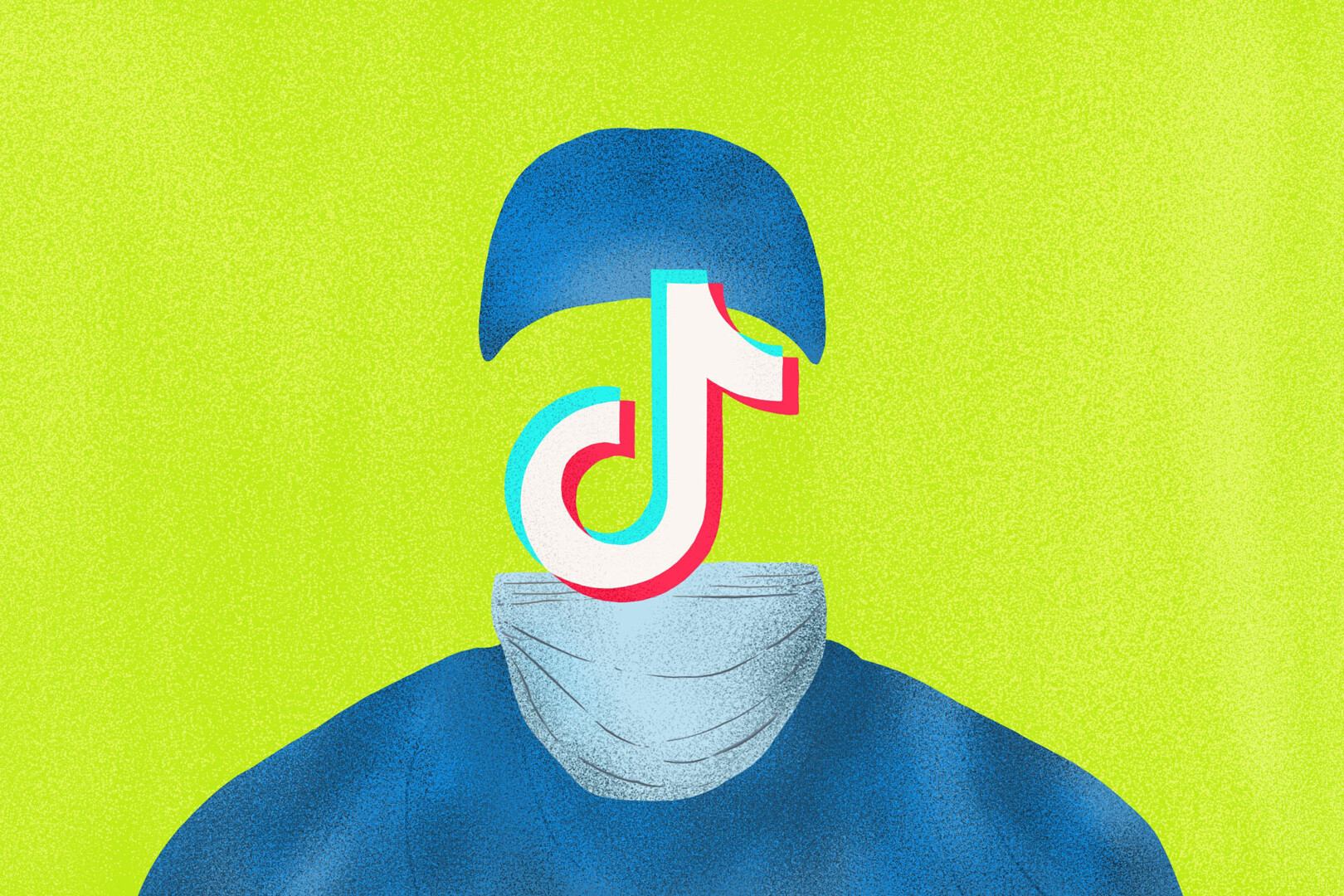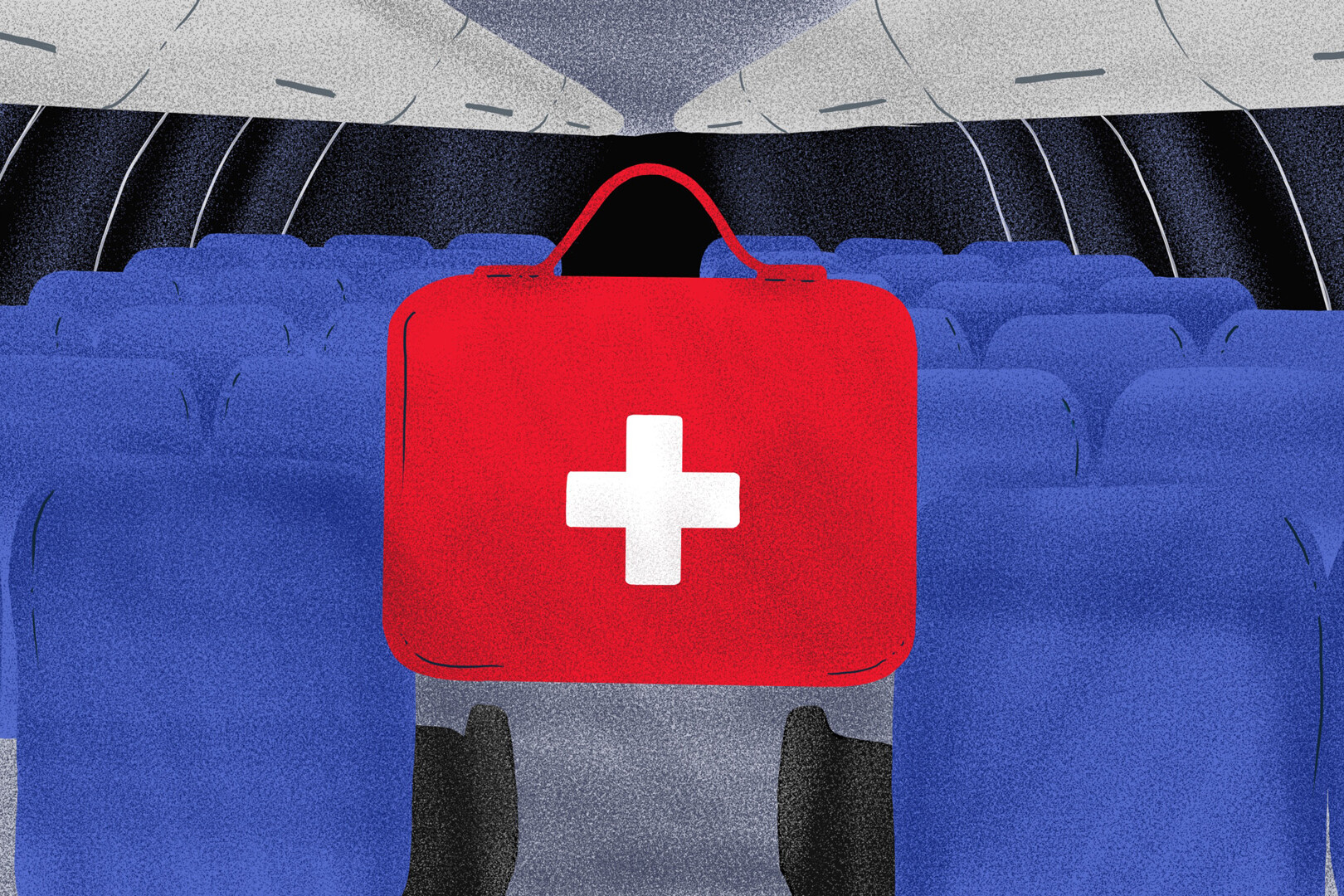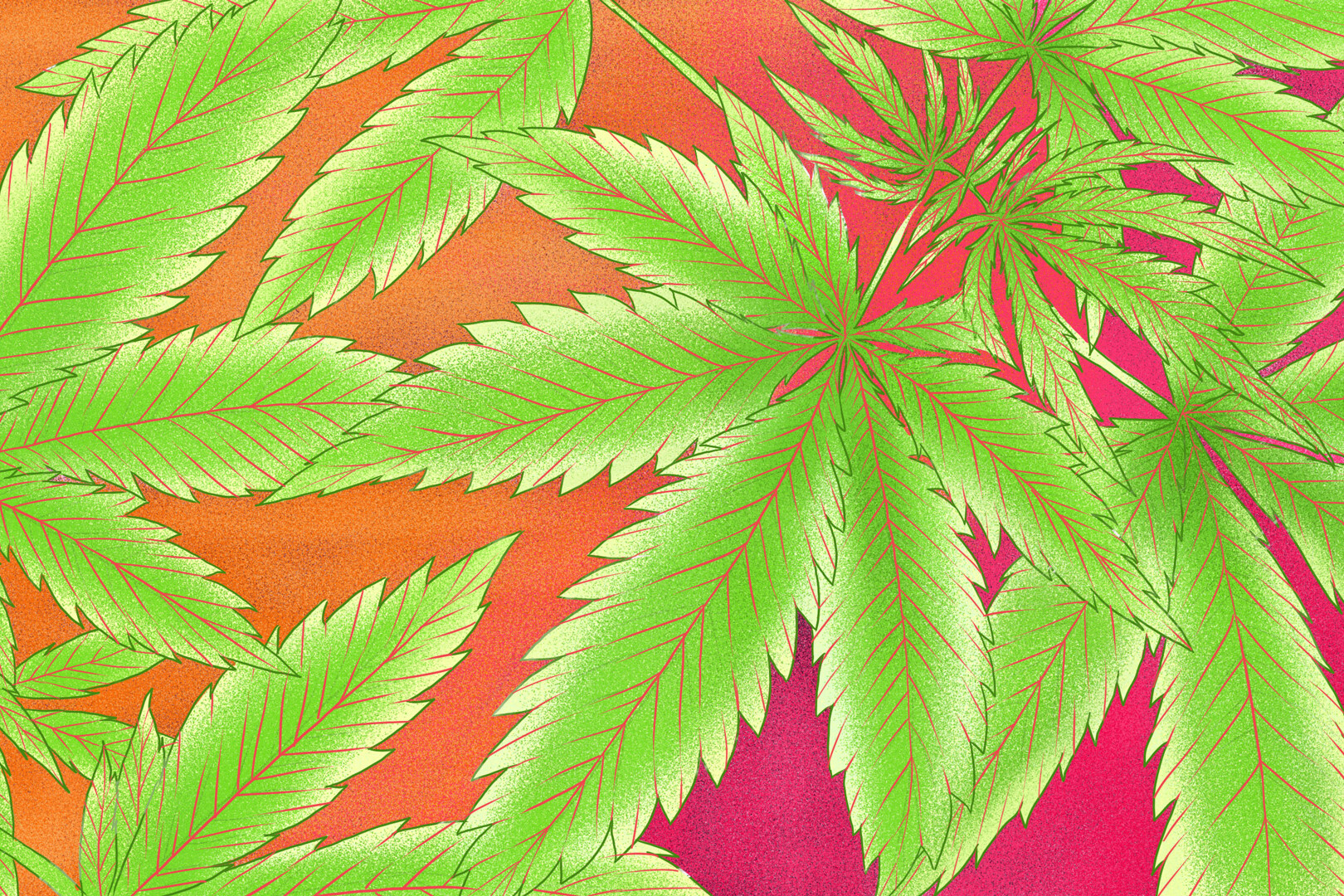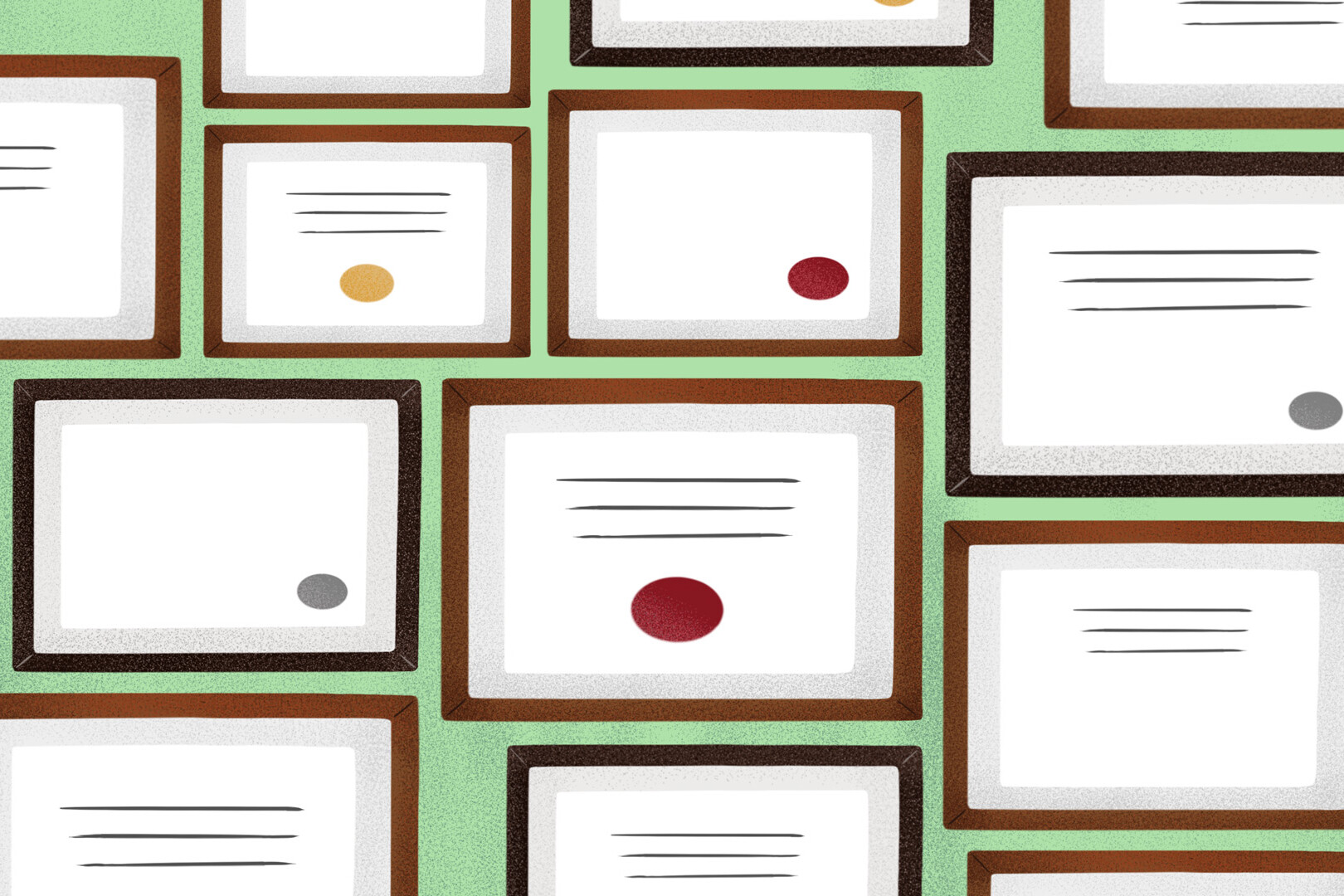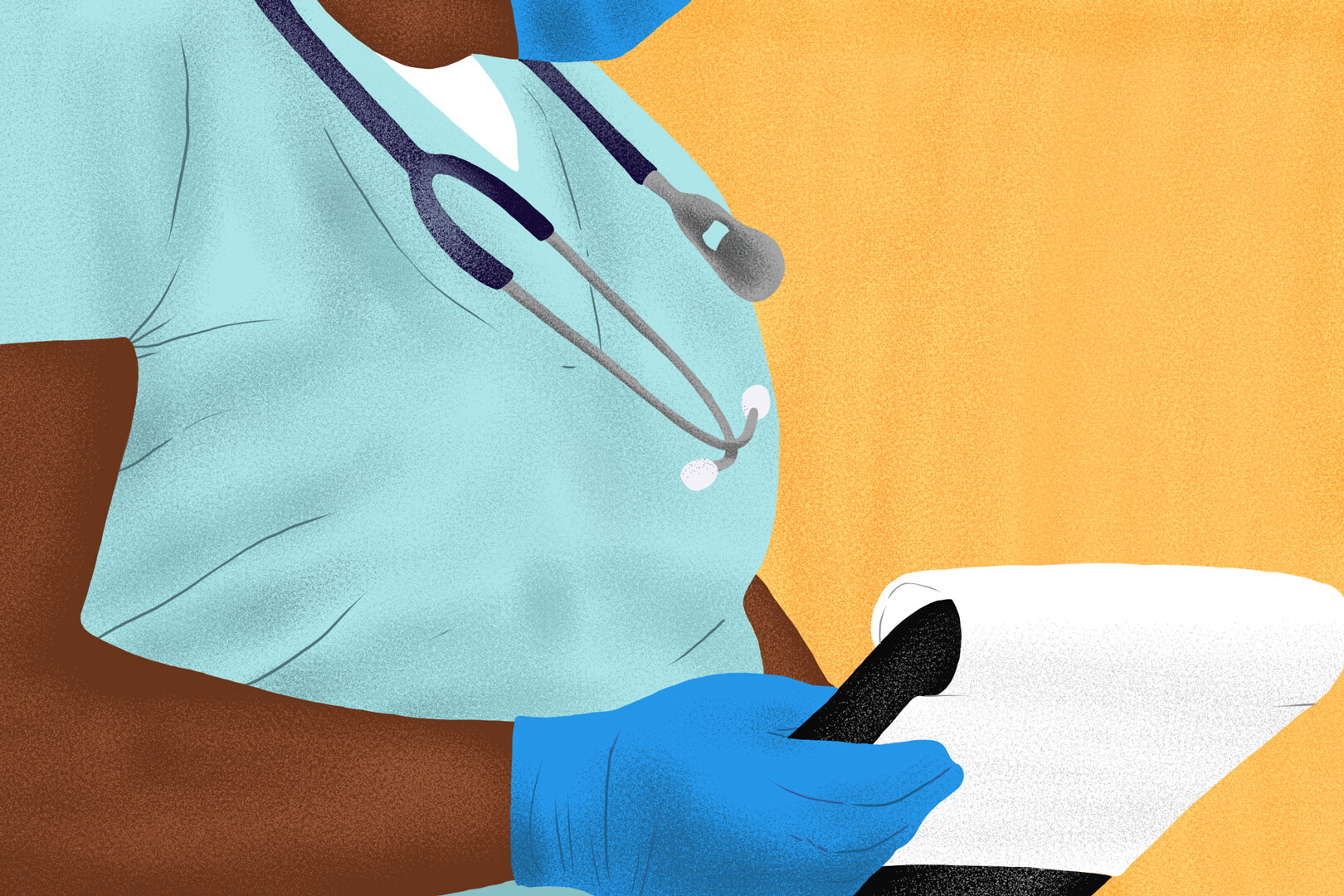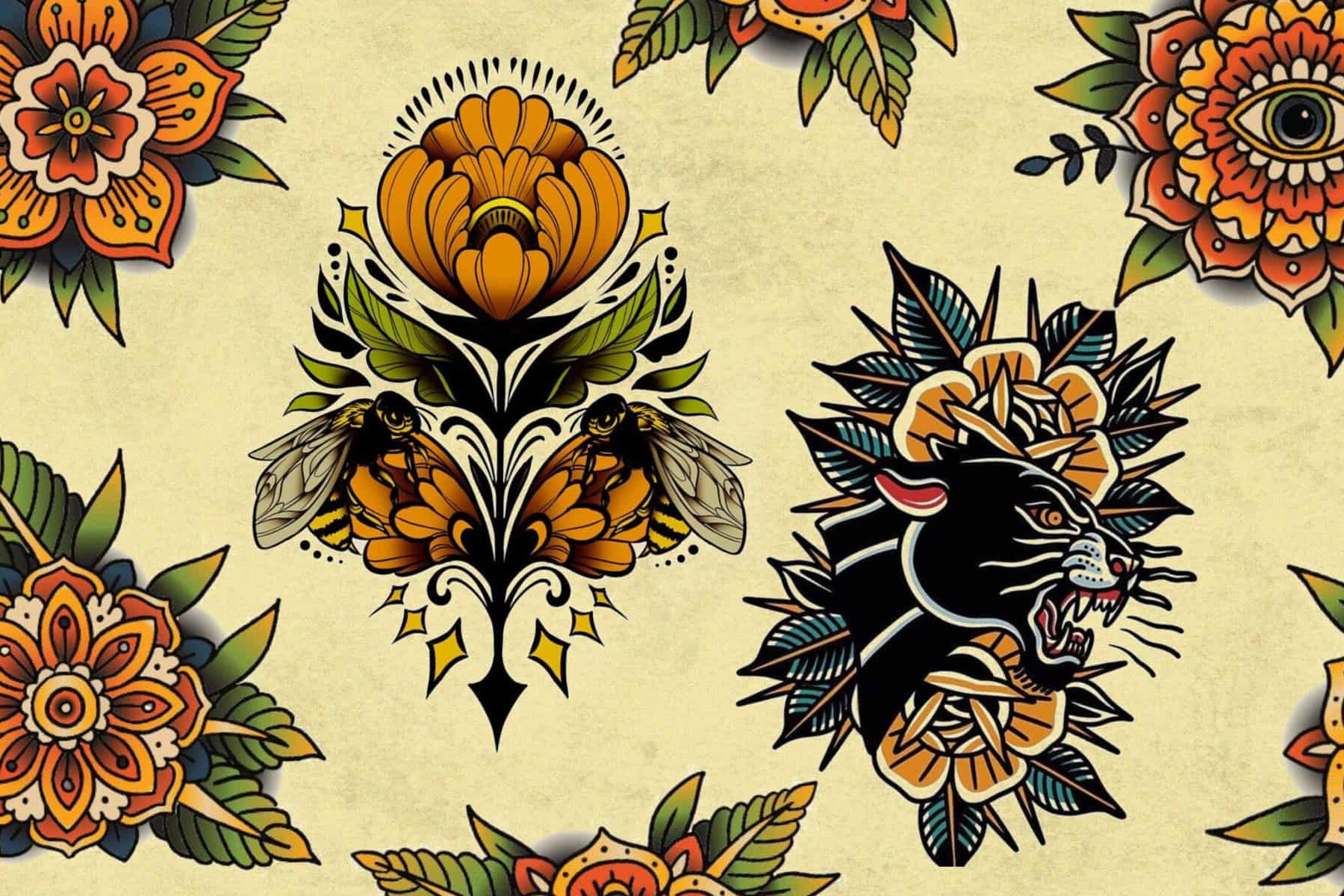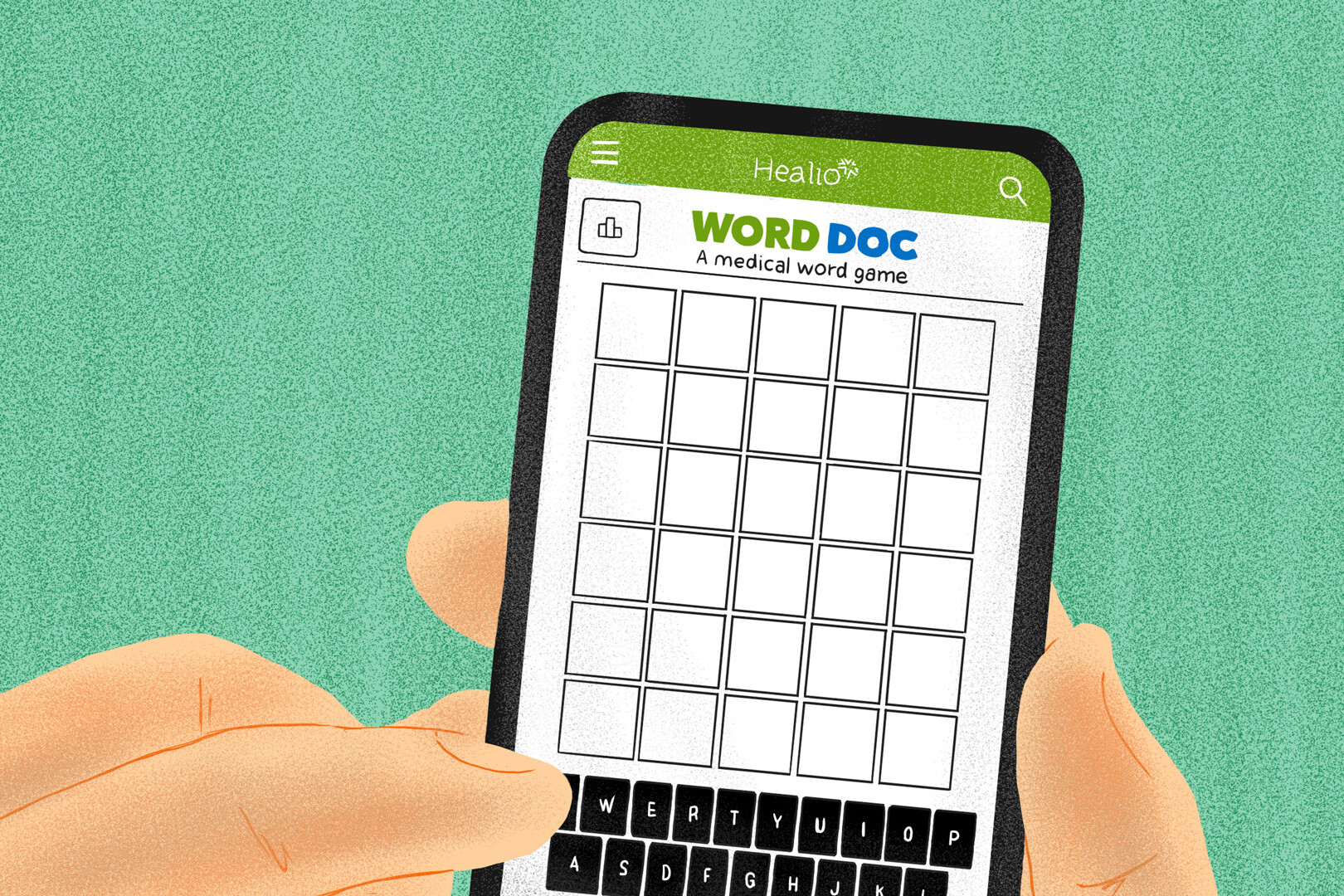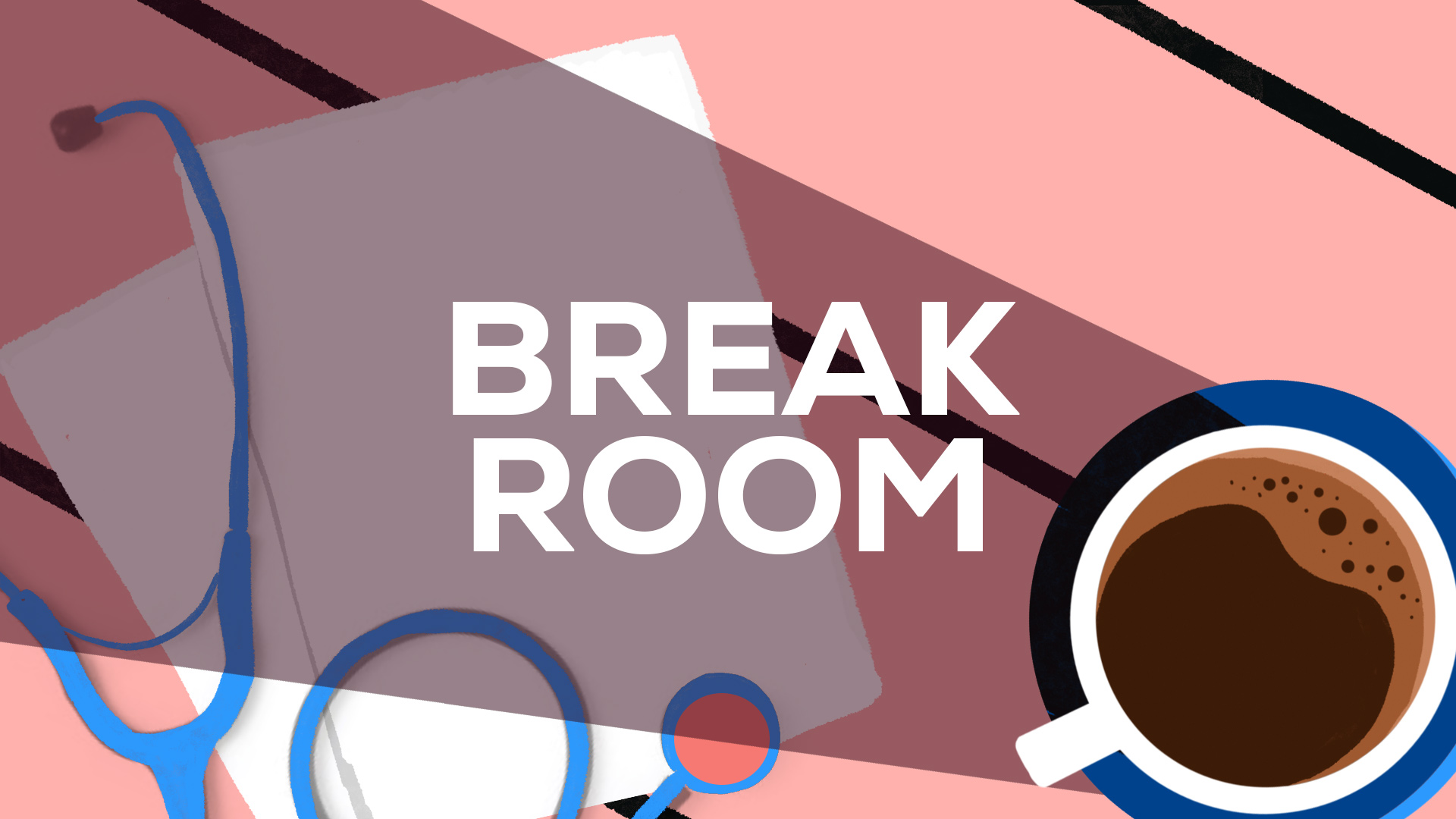
Snails that can re-grow their eyes: Implications for human ocular issues?
At first glance, snails and humans don’t seem to share many similarities. But our eyes are actually structurally akin to those of freshwater golden apple snails, a species native to South America.…
OFF-LABELCURRENT CULTUREMedical Students
River rescue, culinary medicine, organ harvesting: The range of unusual residencies
Sometimes away rotations are a chance to dip into the extraordinary. Unusual electives take students on ambulance rides, into autopsy suites, through the organ donation/retrieval process, behind the…
OFF-LABELCURRENT EVENTSCURRENT CULTURE
Medical oddities through history, on display
Skulls. A piece of Einstein’s brain. A model of conjoined twins. Even a desiccated colon. These are all part of the collection displayed at the Mutter Museum in Philadelphia, whose mission is…
The fabric of crime scene forensics: how does blood react on cotton?
Analyzing a crime scene, detectives attempt to determine the velocity and distance of a weapon used to create a violent blood wound. What are the factors? Recognizing that a given fabric could…
Pushing bodily limits to run an ultramarathon in Death Valley
What is it like to run for 135 miles in lethal heat? This past year, 99 athletes voluntarily experienced it firsthand. The Badwater 135 ultramarathon takes place over the course of 48 hours, in…
The Dog Aging Project: Insights on Pups and People
How can we help our four-legged friends live longer…and, what can we learn from them? Enter the Dog Aging Project, whose mission is focused on not just lifespan but healthy aging. With more than…
Embryos receive DNA from 3 individuals to prevent a severe disease
Thanks to a unique regulatory structure in the United Kingdom, researchers there have been able to experiment with combining human DNA in ways not allowed in other countries—most recently, perfecting…
Bright idea: Our brains are literally glowing
If we had the X-ray vision to see through each other’s skulls in total darkness, we might be able to make out a faint glow. That’s what Canadian researchers learned with a new technique called…
Inspiring the next generation of doctors, episode by episode
To showcase diversity in medicine—and inspire children of color to aspire to healthcare careers—Ghanaian-American physician Joel Bervell has developed an animated YouTube series called The Doctor Is…
Libraries stock corrective glasses for the color-blind
Prompted to help a local family that was unable to afford corrective glasses for their color-blind son, a New Jersey library added two pairs of color-blind corrective glasses to their collection of…
Llama antibodies could help stop SARS viruses
Powerful llama-derived antibodies could be the key to stopping not just current SARS viruses, but future ones too. Scientists have discovered a unique class of nanobodies that clamp the coronavirus…
OFF-LABELAT THE FOREFRONTINSIGHTS
Psychedelic mushrooms can help reduce cancer-related depression
Approximately 25% of people living with cancer suffer from depression; in some cases, so severe it reduces their odds of survival. New results from a clinical trial reveal that a single dose of…
Mice watch “The Matrix”–and help scientists refine brain maps
Thanks to a mouse watching clips from The Matrix, scientists have created the largest functional map of a brain to date—a diagram of the wiring connecting 84,000 neurons as they fire off messages.…
Women with free-diving “superpowers”: Clues for new blood pressure treatments?
New analysis of a group of all-women extreme divers called Haenyeo—native to Jeju Isand, off the coast of South Korea—has uncovered genetic differences that could help them survive the intense…
AT THE FOREFRONTINSIGHTSPUBLIC HEALTH
Singing to babies has measurable health benefits
Singing to an infant can significantly boost the baby’s mood, according to recent medical research. While singing to babies seems to come instinctively to caregivers throughout time and…
Shark skin and cicada wings inspire antibacterial surfaces for kitchen safety
Kitchen cutting boards are hotspots for bacteria, especially when used for raw meat. And once bacteria accumulate, they can be difficult to fully remove, even from stainless steel cleaned by the…
Start-up claims to rid the body of microplastics
With microplastics found nearly everywhere, fears abound about how they affect our health, given that these materials are designated as “forever plastics”—as in, they never leave our environment or…
Gardening improves quality of health in old age
New data shows sheds light on the advantages of spending time gardening: In a study comparing cognitive abilities between young and old, those who spent time gardening showed greater lifetime…
AT THE FOREFRONTINSIGHTSCURRENT CULTURE
Study suggests we don’t just listen to music—we become it
A new study shows our brain rhythms actually sync with sound to create emotion, movement and meaning–– shedding new light on the neuroscience of music and what makes music powerful. Our brain and…
Research reveals that scent influences friendship choices
Who we choose to befriend is highly personal, driven by idiosyncratic preferences about individuals, including sensory cues—and a new study reveals that women can subconsciously judge potential…
One key to spotting AI-generated portrait fakes? The eyes
With the increased use of artificial intelligence images, there has been a proliferation of fake photos—particularly deepfakes. So how can we know when we are looking at a picture of a real human’s…
Urine as fertilizer: Supposedly safe and sustainable….
Watered-down pee? Straight-up pee? Compost pee? All of the above, claims one organic gardening publication, citing studies conducted in Sweden showing that one adult’s urine contains enough nutrients…
Why squirrels could help us unlock long-distance space travel
Ground squirrels live 2-3 times longer than other rodents of their size—and scientists believe this is because of hibernation: A condition of partial torpor that enables the creatures to conserve…
People who need less sleep: A genetic Mutation?
Are the brains of short sleepers so efficient they are able to do more with less? Do they have more slow-wave sleep, the most restorative sleep stage? Do they generate higher amounts of cerebrospinal…
New studies show microdosing peanuts can help with allergies
800,000 children in the United States have a high threshold peanut allergy. Recent research by Mount Sinai’s department of Pediatric…
The ice bath: What the doctor ordered?
Polar Bear plunges. Stylish ice spas. Cryotherapies. Run-of-the-mill cold showers. The history of people immersing themselves in cold…
Do cats technically classify as a “liquid”?
The science of fluid dynamics posits that solids are defined as objects with consistent volume and fixed shape. And liquids are substances whose volume remains the same, though their shape can…
AT THE FOREFRONTPEOPLECURRENT CULTURE
Neurosurgeon advisor to ‘Severance’ explains realism of the show
For the ‘Severance’ show creators to portray a realistic brain chip implantation that separates work life from the rest of everyday life, they contacted the chief of skull-based surgery at Einstein…
PEOPLEBREAKING NEWSCURRENT EVENTS
2025 Match Week numbers are in!
Congratulations to all rising residents who matched into a program in their preferred specialty! In the largest Match Day ever—with a 5.4% increase in applicants over last year– 37,667 matched…
Why do elephants–and other wildlife–rarely get cancer?
Researchers have started to uncover the genetic basis for the unusual cancer resistance of certain animals–including elephants and whales–that defy scientists original beliefs: They get…
‘Grey’s Anatomy’ returns…and Netflix competes with a new medical drama…
Addicted to Grey’s Anatomy? Season 21 of “Grey’s Anatomy” starts this week, on March 6…and it’s slated to have 18 episodes (an increase from only 10 episodes in Season 20, due to…
Peeing is contagious among chimps, per 600 hours of observation…
While watching a group of captive chimpanzees for her graduate research, wildlife researcher Ena Onishi noticed something odd about the primates: They seemed to have a tendency to urinate around the…
Medical Student Pick-up Lines
“Can I be your ophthalmologist? ‘Cause I can’t stop looking into your eyes…” “Wake up happy! Sleep with an anesthesiologist!” And, for overworked medical students in particular:…
AT THE FOREFRONTINSIGHTSCURRENT CULTURE
Misinformation really does spread like a virus
Prominent social media figures with large followings can become “superspreaders” disinformation, blasting falsehoods to potentially hundreds of millions of people. And there is clear evidence that…
Should Grandpa maybe get high?
After a Danish study tracked more than 5000 men for 44 years—from young adulthood to late midlife—data showed that those who had used cannabis in their early years showed slight uptick on cognitive…
What are your goals for 2025?
At New Year’s, physicians make plenty of recommendations for healthy living for the general public. But what resolutions are physicians making for themselves? An opthamologist, cardiothoracic…
Lucy at 50: Remembering the world’s most famous fossil
This past fall marked the 50th anniversary of the discovery of Lucy, one of the first hominin fossils to become a household name. At the time, she was by far the most complete early hominin known,…
Are poetry and medicine similar?
Both poetry and medicine can present concepts or experiences that are not readily understood by everyone, requiring interpretation and reflection to fully grasp. A recent JAMA article points out that…
New DNA suggests inaccuracy of famous theories about ancient volcano victims
Literature and film has long perpetuated narratives around the people enshrined in one of Italy’s most popular tourist attractions and second-most visited archaeological site in the county, visited…
AT THE FOREFRONTCURRENT CULTURE
“Food Pharmacy”: Medical students tailor meals for patients at community clinic
If pharmaceutical therapies are personalized to prevent and manage chronic disease such as hypertension, why not “farm”-aceutical therapies? So reasoned a group of students at Yale…
Medical volunteers for the Marathon share their stories
One of the most inspiring ways to volunteer in a medical capacity? For the TCS New York City Marathon. With nearly 55,000 runners chasing the 26.2 mile finish line, the role of medical volunteers is…
In a blast from the past, “Amnesia” the game gets revived
In a text-only “video” game released in 1986, participants take on the role of a man who suddenly finds himself in a Manhattan hotel with no clothes—and no memory. Players must negotiate a series of…
Smart face coverings that can monitor chronic conditions
The massive mask industry spurred by the Covid-19 pandemic prompted the appetite for integrating smart technology into face coverings for practical applications. Most recently, scientists have…
From horror films to AR spiders: One physician’s focus on fear
Tis the season for scary movies, which can actually be therapeutic, posits psychiatrist Arash Javanbakht, who asserts that fear is one of the most important biological functions. In a recent podcast,…
Medical student eats 720 eggs in a month as “Legit-bait”
“Eggs-citing science that will scramble your brain”: Harvard medical student Dr. Nick Norwitz conducted an experiment on himself wherein he consumed an average of one egg per hour over the course of…
From Doritos to diagnostics: The dye that made mice transparent
In an experiment designed to explore how it could be possible to see through opaque biological matter, scientists from Stanford theorized that certain dyes would absorb light from certain parts of…
It’s International Snakebite Awareness Day: Meet global researchers
At an international level, snakebite has long been ignored. While the crisis gained some attention with addition to the World Health Organization’s Neglected Tropical Diseases list in 2018, fatality…
Of myth, magic, and “medical tourism”
The ubiquitous symbol of medicine takes root in ancient Greece, where some believers in the gods of healing joined cults involving snakes. “Asklepieia” itself was a specific sanctuary–dedicated…
Detecting breast cancer: Blind women who play a critical role
In India, where breast cancer causes nearly 75,000 deaths per year—and where not every woman has access to annual mammograms, especially in rural areas—blind women can serve as Medical Tactical…
Can clowns help shorten childrens’ hospital stays?
Recent research has suggested that adding medical clowns to a multidisciplinary care team (in this study, specific to cases of pneumonia) may reduce physical and emotional stress on children and…
Why do humans have earlobes?
Our ears are biological marvels—the result of millions of years of selection pressure that has refined the mechanisms for better hearing. The lobe part, however, seems to lack a specific purpose.…
The thriving field of medical illustration
While medical illustration dates back to the ancient Greeks, it’s of course widely held that Leonardo DaVinci (1452-1519) is the true father of the field, which evolved into the modern…
How do you mend a broken heart?
As the rate of cardiovascular disease continues to rise, an increasing number of people face the threat of irreversible damage from a…
Psychedelic sensations may parallel near-death experiences
Floating. Different sense of reality. Sense of love and peace. Neuroscientists have recently probed into the phenomenon known as “near-death experiences,” which are practically impossible to describe…
The sugar-heavy diet of fruit bats: Possible insight for diabetes?
As diabetes surges worldwide, scientists are turning to an unlikely critter for new insight: Fruit bats. These small furry critters are able to gorge themselves on a sweet diet without ill effect;…
Practicing physician doubles as best-selling author of medical thrillers
Brain injury specialist Dr. Frieda McFadden has penned multiple novels ranging from psychological thriller to dark medical humor, starting from back in 2013. If you missed The Housemaid, an…
Shaving critical minutes from emergency response
When the average response time hasn’t budged from 7 minutes—in big cities; longer in rural areas—drones could shave off time. That’s an exploration from one North Carolina city, whose…
Toxoplasmic parasites could help treat brain disease
Scientists are investigating whether the invasive capabilities of toxoplasmic parasites could be put to good use. One team engineered Toxoplasma to include protein that regulates gene activity in the…
Species that can self-amputate inspire adaptive robot technology
Many animals have evolved the ability to shed parts of their bodies as a survival mechanism: Lizards can detach their tails to escape predators, while crabs might drop an injured claw. Other species…
Rare disorder causes people to “see monsters”
More information has been emerging about a rare and largely unexplained neurological condition that causes people to see faces as distorted. Some refer to the condition as part of “Alice in…
Medical support for Team USA sport Olympic uniforms
For the first time in the Olympics’ 128-year history, our medical team is sporting a uniform befitting their gold-level dedication. Team…
Starliner astronauts: Potential physical repercussions from long-term space
Whether the astronauts stuck on the malfunctioning Starliner spacecraft miss their home on Earth—or, are happy for some bonus weeks in space, one thing is certain: Extended time in this unique…
Orangutan applies medicinal plant to heal facial wound
In the first-ever observed example of a non-human healing itself through medicinal means, a male Sumatran orangutan used a poultice plant to make a paste and apply it to a wound he had received while…
Why do one in eight take to tart tastes?
Given the number of tart consumables available—think candies like Sour Patch Kids and Lemonheads, and Sour beer varieties—there’s clearly a market for sour flavors. But studies have shown that not…
Diet of actual Paleo people did not resemble today’s “Paleo Diet”
Bucking the philosophical underpinnings of the popular Paleo Diet—which invokes habits of ancient peoples to emphasize eating large amounts of meat and shunning carbohydrates—a new study of ancient…
Pig heart and kidney both successfully implanted into one human
In a milestone of the quest to make life-saving organs available to anyone who needs them, a New Jersey woman became the first human to receive two genetically modified organs originating from a pig.…
Bees make astonishingly good decisions
Unlike most species–apart from humans and primates–it turns out that bees can make good decisions, as defined by the ability to make an accurate judgement call more quickly than an…
The quest to “bioprint” human organs
Will bioprinting be the next dramatic leap in modern medicine? Researchers at Stanford University—with the vision to one day be able to create any human organ, cell by cell—are working toward…
What is a “birds-eye view” of an eclipse?
Nothing about a solar eclipse is normal: Wherever totality can be seen, it only appears in that location once every several hundred years. For that reason, it’s been impossible for scientists to…
Happy Match Day!!!
Congratulations to all medical students who have matched to the residency program of their choice! In celebration of this day–and, signaling the importance of healthcare to the nation–14…
Neurodivergent traits may have benefitted human foragers
A recent study revealed that traits correlating with attention deficit/hyper-sensitivity disorder (ADHD) may correlate with a better ability to forage in some environments. With an online game…
Remote-controlled surgical robot in space could help expand access on earth
The first-ever surgical robot arrived at the International Space Station this month, where it will practice performing surgery at the direction of a surgeon located 250 miles below in Nebraska. MIRA…
Baby outfitted with AI camera yields insights about language development
In a study at New York University, a baby named Sam wore a headcam in weekly sessions that captured his experience for 18 months. Scientists loaded the 61 hours of sights and sounds into a simple AI…
Donor’s gift will establish tuition-free medical school for all Albert Einstein students
Thanks to a $1 billion donation to Albert Einstein College of Medicine, tuition will be free for all medical students of the school going forward. Notably, the institution is located in the Bronx,…
How are toxic chemicals affecting human genitals?
Epidemiological research demonstrates that the endocrine disruptors now so prevalent in our environment—including in much of our food and water supply—are causing significant effects to the human…
Can two males produce a female? A breakthrough with mice proves it possible
The implications could be huge for single-sex parenting, as well as for addressing infertility and disorders such as Down’s syndrome. By taking genes from one male mouse, changing those into female…
OFF-LABELAT THE FOREFRONTPEOPLE
Centenarian physician still works in medicine
Dr Howard Tucker has been named the oldest practicing doctor by the Guinness Book of World Records—and, having recently celebrated his 100th birthday, he credits his longevity in part to his…
Using real blood in red ink, as protest
Thanks to an outdated FDA rule, men who have sex with men can’t donate blood. To raise attention to the issue, activists created the Gay Blood Collection pens, inks, paints, and markers in a deep…
Ancient remains indicate surprisingly early medical sophistication
How far back in human history did the earliest surgeries occur? Until recently, the archaeological community believed that the first complex procedures were performed around 7,000 years ago. But a…
Combat sport physicians: When to stop the fight?
It’s a ringside doctor’s job to ensure that fighters avoid major injury. But in a sport defined by violent physical contact and where knockouts determine winners, is it possible to delineate what’s…
When humans began to digest milk
When did humans become lactose-tolerant? A recent study by British researchers aimed to solve this question by collating archaeological genomic data, then modeling multiple factors. Their hypothesis…
Venturing beyond clinical and research careers
Physician-scientists. Physician-executives. Physician-artists. It’s becoming increasingly common for individuals with medical degrees to branch out in their profession, and this podcast series…
First woman to hold medical director position at IndyCar
Motorsports associations require on-staff physicians to promote safety and to evaluate and treat high-velocity crash injuries, as well as to provide medical care to the drivers, their families, and…
The secret (social?) life of mushrooms
Do mushrooms have intelligence? Recent research into four species of fungi discovered electrical impulses running through their networks under the soil. The researcher suggests that these impulses…
Are birds a public health threat to drivers? What are the stats on plane emergencies? And other questions for Freakonomics
Whether flying creatures help increase the rate of car accidents. Why early detection of cancer may not positively affect survival time. How often medical emergencies occur on flights. This episode…
Pediatrician fights for access to COVID-19 vaccines in Florida
Equity and access challenges in healthcare often occur for geographic reasons, such as lack of proximity to hospitals in rural regions, or lack of resources in underserved neighborhoods. But in the…
How anti-vaccine foes coopted the abortion rallying cry
This article lays out a curious intersection between two hot-button medical issues: Vaccine skeptics have framed vaccination and mask mandates as violations of personal choice, rather than matters…
Scientists suggest keeping your poop in the bank—it could save your life
Can fecal matter be used to treat disease? In a recent study, Harvard researchers posit that stool samples stored from a healthy individual can later be used to rejuvenate the diversity in that…
Doctors moonlighting on tiktok?
Is it appropriate for physicians to actively publish medical information and viewpoints on social media, or does being an “influencer” in the health space pose ethical dilemmas? This article…
Meet the released Ukrainian medic who cared for both Russian and Ukrainian soldiers
Thanks to a body camera chronicling her efforts to save the wounded in Mariupol, medic Yuliia Paievska was able to leave a Russian prison following three months in detention. In this video, she…
Up in arms, up in the air: Sub-par medical kits on planes
A manual blood pressure cuff. Dinky plastic stethoscope. Empty glucometer case. Epinephrine…without an epi-pen. This is what a physician might encounter in the medical kit that he or she is handed…
How Eli Lilly lost its taste for pot and refuses to acknowledge its past
Who knew that the pharmaceutical behemoth behind insulin once grew fields of weed? This podcast episode—amidst the entertaining banter between a physician and her husband—chronicles the history of…
Drunk animals, and the sober hamster
Apparently, the unique physiology of hamsters makes them impervious to inebriation. The rodent can drink what for humans would be the equivalent of 1.5 liters of alcohol to no effect, based on a…
The Language Game: We Are Physicians, Not Providers
How do you feel about the distinction between the term “Physician” and “Provider”? It matters quite a bit to this author, who posits that the latter term fails to acknowledge the time, effort, and…
Eradicating racial bias in residency programs
This article picks up the hot topic of diversity, positing that racial bias in training programs may contribute to a lack of BIPOC physicians in competitive and lucrative specialties. Three black…
People are preserving dead relatives’ tattoos and turning them into art
What are the medical ethics about skinning a cadaver to create framed art? Does it make sense because of how expensive and elaborate people’s tattoos can be? Is it a poignant way to preserve the…
“Word Doc,” a medical-style Wordle spin-off
Unless you’ve been locked in an operating room since the summer of 2021, chances are you know Wordle. Now, there are versions of the daily game created specifically for medical professionals: Check…
